Translation award for “Maribor” | NoCal Book Awards [USA] 2011
John Sakkis & Angelos Sakkis received the poetic translation award in North California Book Awards in Central Library of San Fransisco – USA, for the english translation of Demosthenes Agrafiotis’ poetic work “Maribor”
Collection “VISUAL POETRY. L’avanguardia delle neoavanguardie”
The Italian collection volume “VISUAL POETRY. L’avanguardia delle neoavanguardie” by Lara Vinca Masini and Giosuè Allegrini publishes 2 visual poems by Demosthenes Agraftiotis “No title” and “Scratch card-garttez”. The related exhibition took place in Venice and Pavia, Italy in 2014. Published by SKIRA,Milan, Italy,2014.
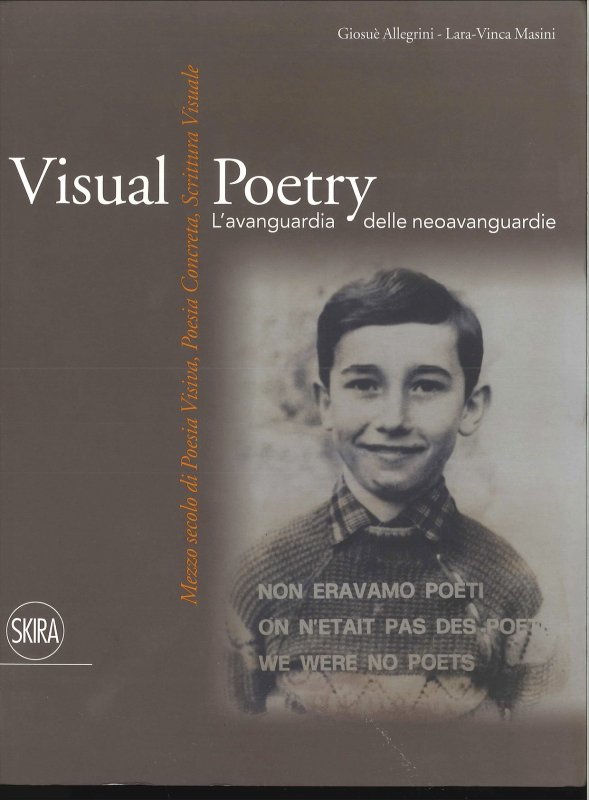
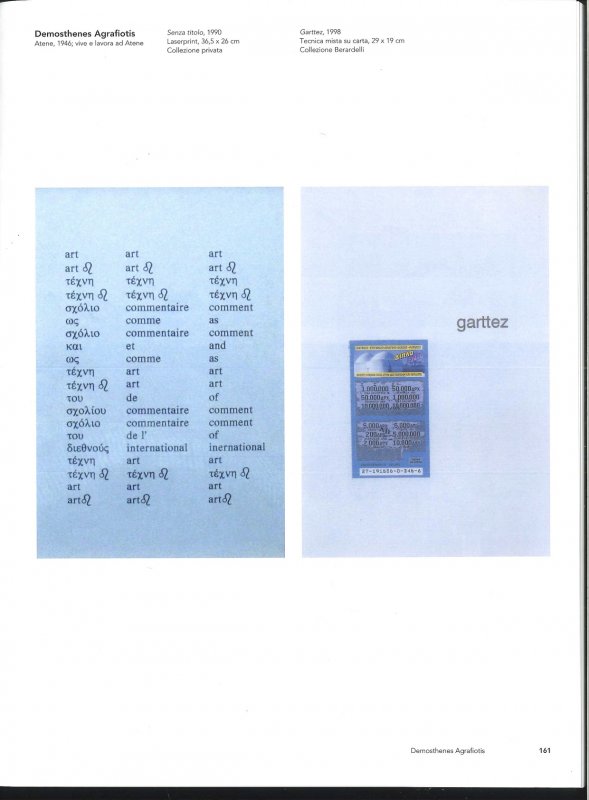
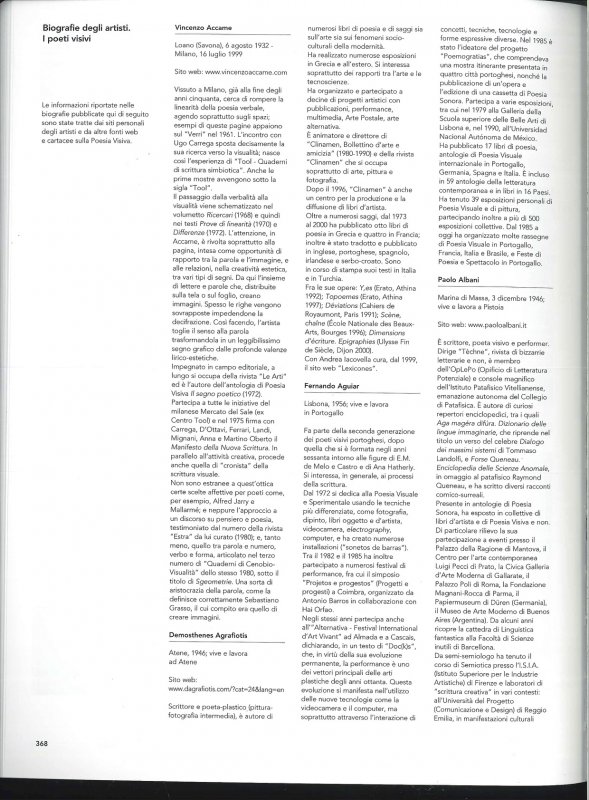
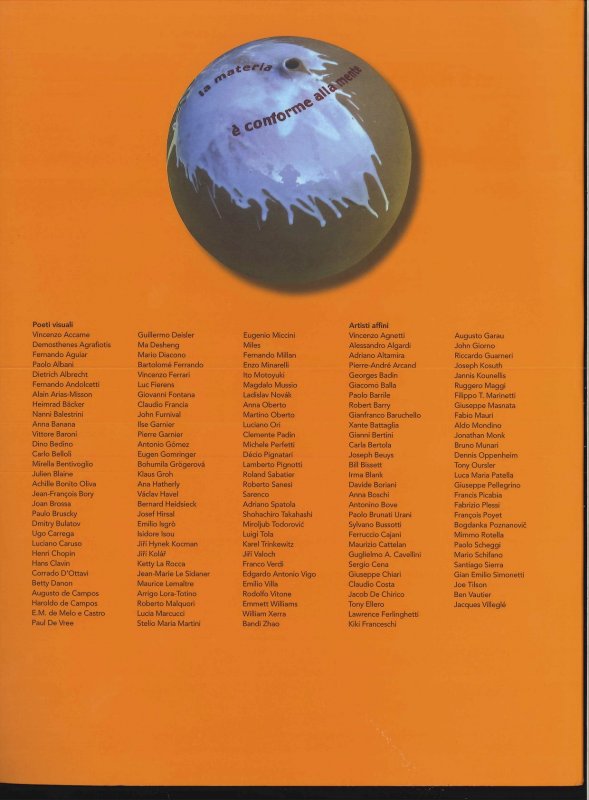
- <
- 1
- 2
- 3
- 4
- >
DA Tribute – Vakxikon.gr #35
Vakxikon.gr is a digital platform [book and e-books, magazine, radio] as well as a physical bookstore in Athens, Greece.
Issue #35 of online poetry magazine Vakxikon.gr is dedicated to the work of Demosthenes Agrafiotis, presenting the multiple facets of the artist along with text and art tributes from fellow artists and collaborators, and celebrating the digital and print editions of DA’s “The Chinese Notebook” [en, cn] and “e-Manuzio” [el].
The content is in Greek or in English/French with Greek translation.
Artrekking #7
Directly from Vienna to beton7artradio studio Demosthenes Agrafiotis in dialogue “CRISIS, JUDGEMENTS and arts”. Travelling to art locations with the glance of a hiker. A pedestrian’s diary from visits to fine arts exhibitions, theatres, cinemas, music stages and events held either in private or public spaces.
Book review of “Misrecognition: 4 Essays on C. A. Doxiadis”
Konstantinos R. Pertsemlidis (2012): Misrecognition: 4 Essays on C. A. Doxiadis, International Journal of Environmental Studies, DOI:10.1080/00207233.2012.699377 Readthis article.
The Avant-Garde
[…] Demosthenes Agrafiotis, who also wrote in French, experimented with verse forms and vocabulary in works that are reminiscent of concrete poems. (p. 406) […] Agrafiotis has been consistently in the avant-garde both in Greece and in other countries in Europe. (p.466) “An Anthology of Modern Greek Poetry” Editors: Nanos Valaoritis Thanasis MaskalerisTalisman House Publishers, Jersey City, New Jercey, USA, 2003
Postface to An Oracle For Delfi
Language is Delfi.
NOVALIS
“Language is Delfi,” wrote Novalis, signaling with that a Greece & a poetics of the imagination & putting into doubt that other imagined Greece, of the philosophers – the conflict between philosophy & poetry for which Plato, himself a poet once, drove the ancient poets from his idealized Republic. It is Delfi, even so, as place & concept, that brings us to the source of all poetry, wherever found: a poetry of voice emerging from the earth or buried deep within it. This was already something that I knew – or thought I did – even before Demosthenes Agrafiotis first lured me to Greece in December of 1994. I had made earlier incursions – however tentative & shallow – into places where an oracular consciousness persisted into the non-oracular present: Indian reservations mainly as places to visit & for a time to live in, or immersing myself in that range of sacred poetries & visions that opened to us in written form if we knew where to look for them. Among the Pueblo Indians of the North American southwest the place of ritual or performance (the kiva) was often built beneath the ground, and it was from the ground / the earth that gods & men first came as an emergence to populate the earth. The voices that spoke through their shamans & priests were like those that spoke through the oracle at Delfi – words that I hoped now to return to their source. The poems in An Oracle for Delfi are, in short, my notebook of the journey to those ancient sites where we were led by Agrafiotis. Read them in that way and the parallels will surely appear: the animal presences & the human-animal mixes, the voices of the stones & bones drawn living from the earth, the dance as ritual & worship, the fire pits & smoke holes & the tombs we enter “like a kiva,” & the intercession of the dead throughout. Along with these there is a continuity I sensed in the later Christian ikons: the persistence of the older shamans in Saint John’s apotheosis, along with the reality of silver mines & workers’ houses at Sunio, or the words of the Tibetan master Marpa that came rushing back to me on wintry Spetses. And it was on Spetses too that Demos spoke the words – linking Indians & Greeks – that end this cycle.
Jerome Rothenberg January 2009 / Encinitas, California
Efi Strouza (de)
Die vielseitige Persönlichkeit von Demosthene Agrafiotis, der an die Beziehung zwischen Wort, Schrift und Kunst durch seine schriftstellerischen, theoretischen und herausgeberischen Aktivitäten von verschiedenen Seiten herangegangen ist, ging durch die Herausgabe der wichtigen Hefte des Blatts/der Zeitschrift Clinamen in die Geschichte ein. In seiner künstlerischen Eigenschaft nimmt er an der Ausstellung mit der Tonübertragung des Werks Ta Alphabetaria (Die Lesebücher), mit Musik von Dimitris Kamarotos (2000) teil un dem Video 24 Pidéo, Voésie (einem Wortspiel uber Vidéo, Poésie) aus dem Jahre 1993.
The multifaceted personality of Demosthenes Agrafiotis has approached the relations among speech, writing and art from many angles. As writer, theorist and publisher he has gone down in history for the issues of important magazine/bulletin Clinamen; in his capacity as artist he participates in the exhibition with the soundtrack of his vocal work The ABC Books (2000), with music composed by Dimitris Kamarotos, and the 1993 video 24 Pidéo, Voésie (a pun on the words Video, Poésie).
[Mythologien des Buches Buhmesse Frankfut – Book Fair Forum
Contemporary Greek Artists
9-15 October 2001
Frankfurt 2001, Gastland Griechenland
Guest of Honour: Greece]
Breve nota sobre a poesia de Demóstenes Agrafiotis (it)
Poeta, ensaísta, fotógrafo e artista plástico, Demóstenes Agrafiotis, nascido em 1946, insere-se indubitavelmente no movimento da modernidade. Considera esta que a exigência primordial do artista consiste em trabalhar na fronteira de todos os meios de expressão, de forma a que os géneros ajam como pontos de partida e não como finalidade que se almeja. A arte moderna tratará assim de previligiar «a descoberta, a invenção e a interpretação subversiva», não por empenho de inovar mas com o intuito de impelir para a área de ruptura as antigas formas, ultrapassando-as, se possível.
No caso deste poeta, e talvez por se tratar de alguém cujos dons no domínio plástico são inegáveis, a inovação emerge, sobretudo, da materia lidade de elementos pictóricos e poemáticos a caminho de uma arte mais total. Sem que, por isso, a sua poesia subestime a subversão decorrente da materialidade da palavra. Agrafiotis submete esta a um tratamento em que ο significado corrente se fragiliza a favor de uma nova tensão, que aponta para uma espécie de desvio. Dai que desvio e descontinuidade apareçam como conceitos fulcrais do seu ensaismo e da sua poesia. E daí, igualmente, que um vocabulário, não diria corriqueiro mas, com certeza, banalizado, irrompa nesta poesia, com a intenção manifesta de subverter. Como diz ο poeta:
«já que as palavras se esvaziam
salvem-se
as mínimas vibrações…»
Fernando Echevarria
DEMOSTENES AGRAFIOTIS
“Sobras Obliquas”
Quetzal Editores, Poetas em Mateus, Lisboa, 1994
dA in Images magazine
évoria (pt)
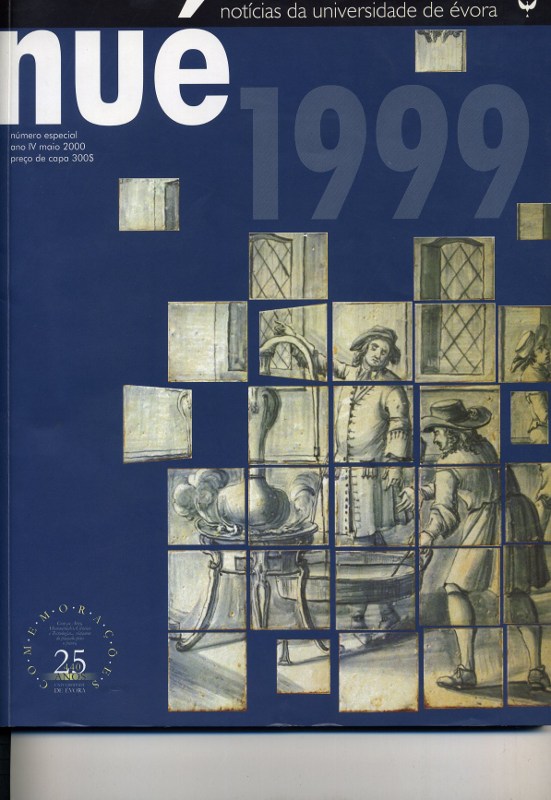
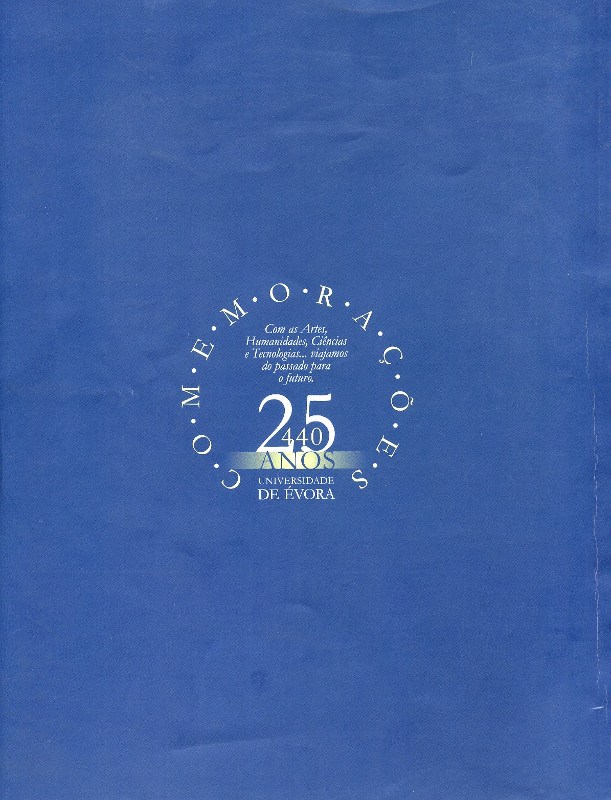
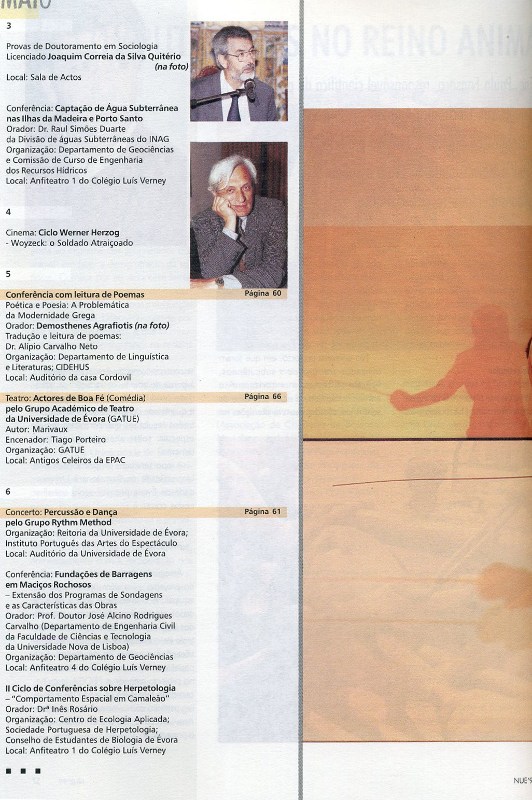
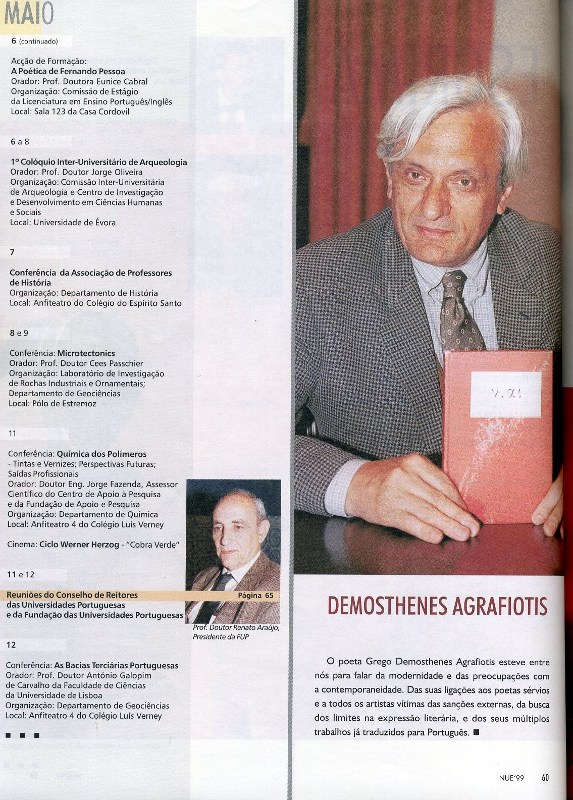
- <
- 1
- 2
- 3
- 4
- >
dA in China
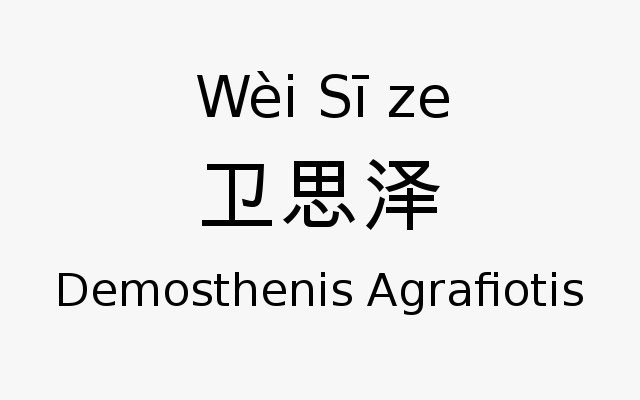
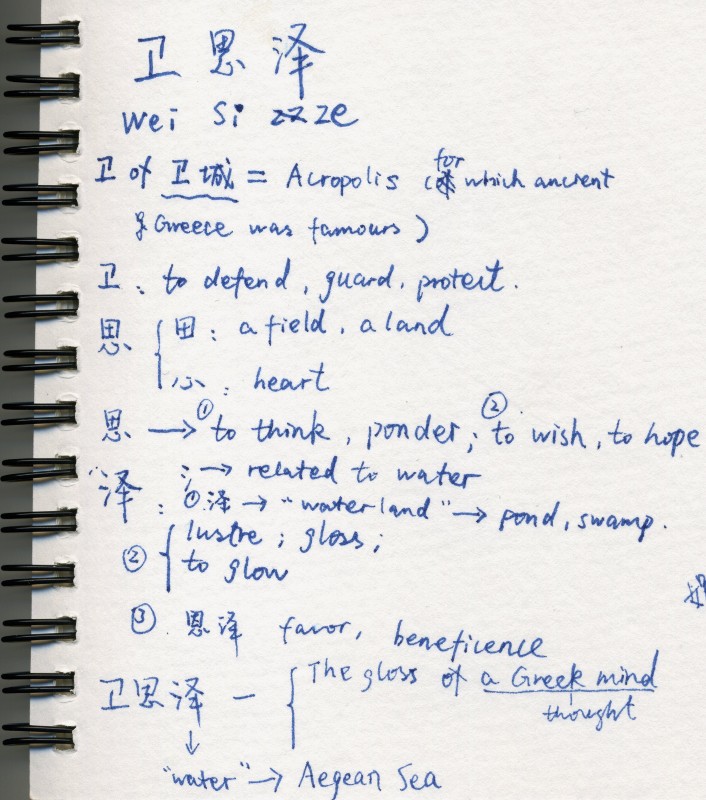
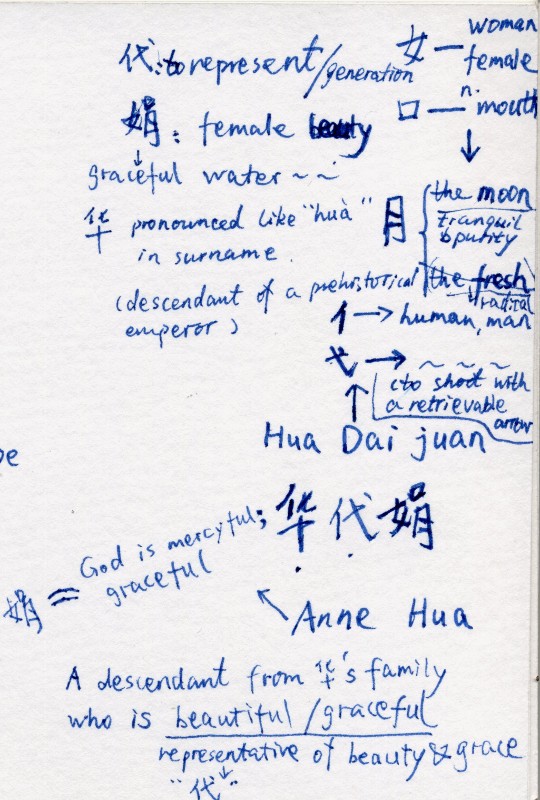
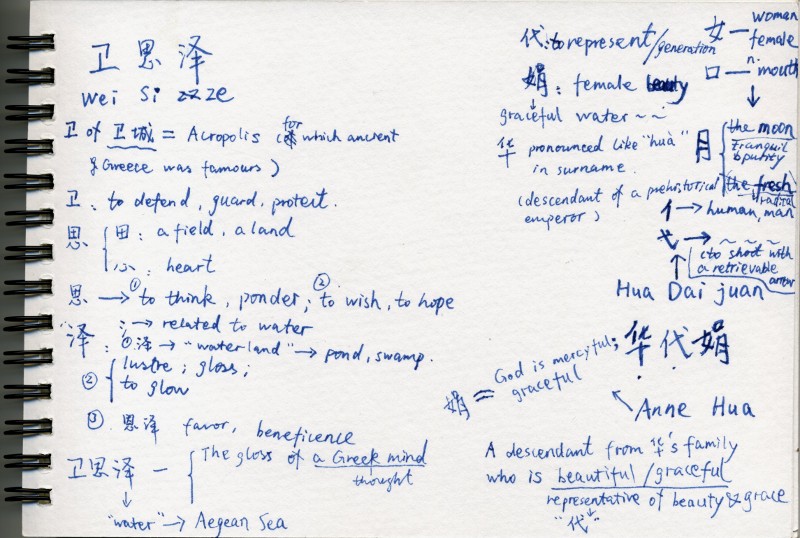
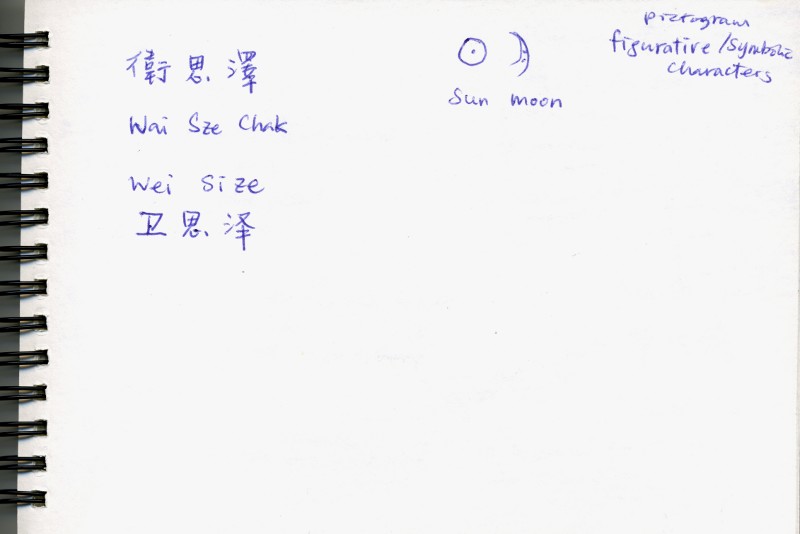
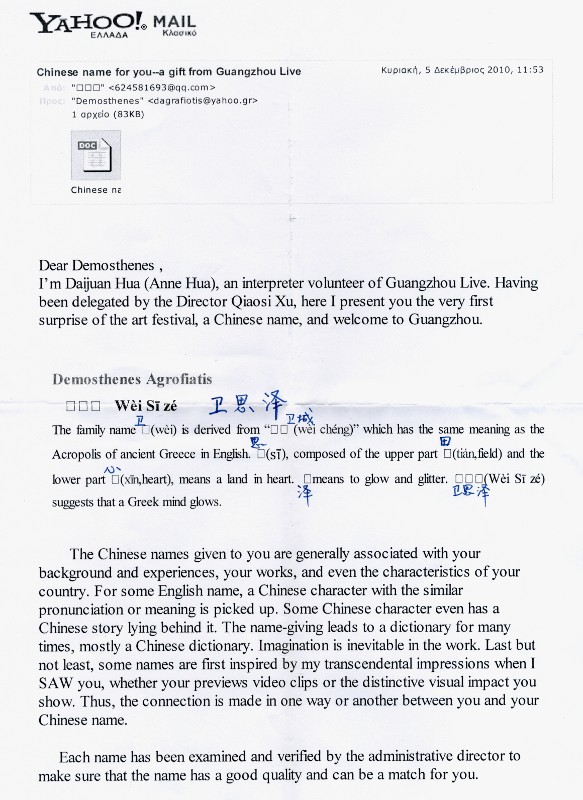
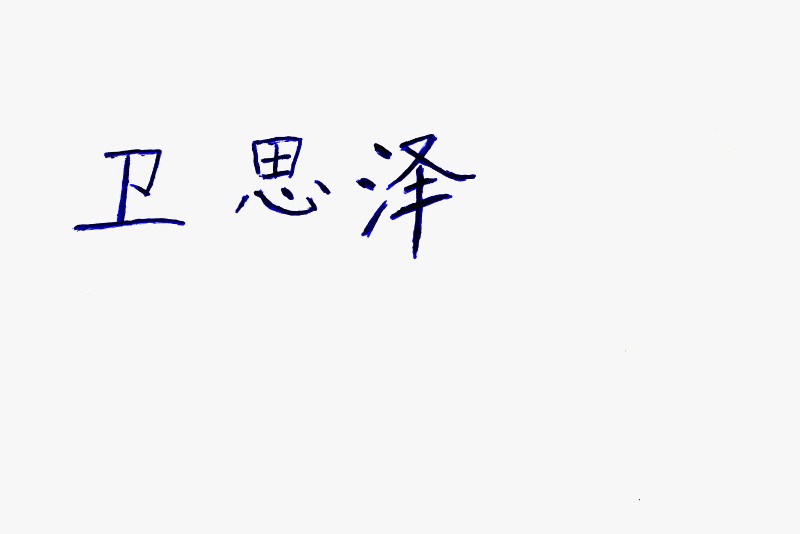
- <
- 1
- 2
- 3
- 4
- 5
- 6
- 7
- >
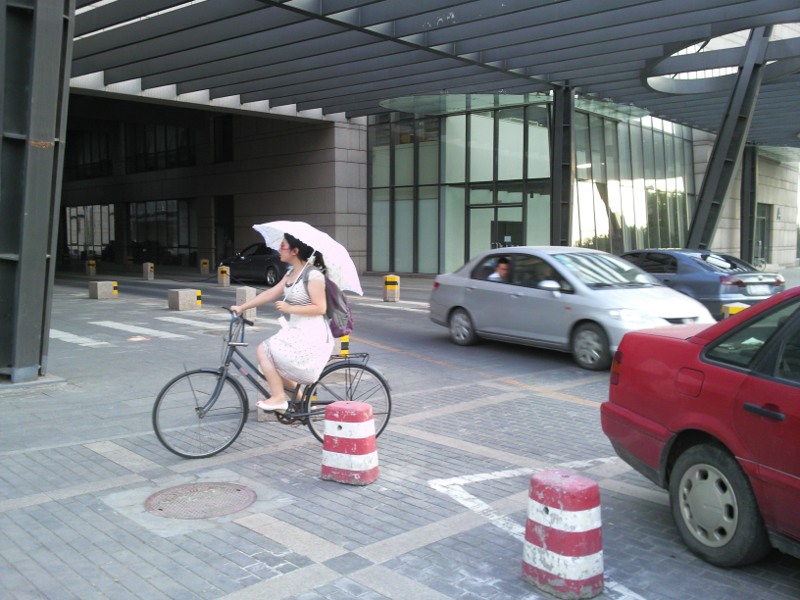

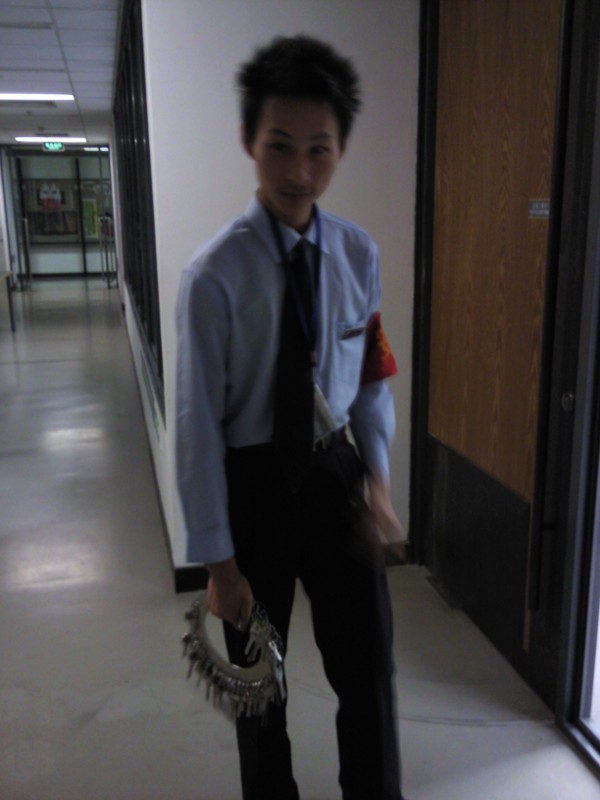
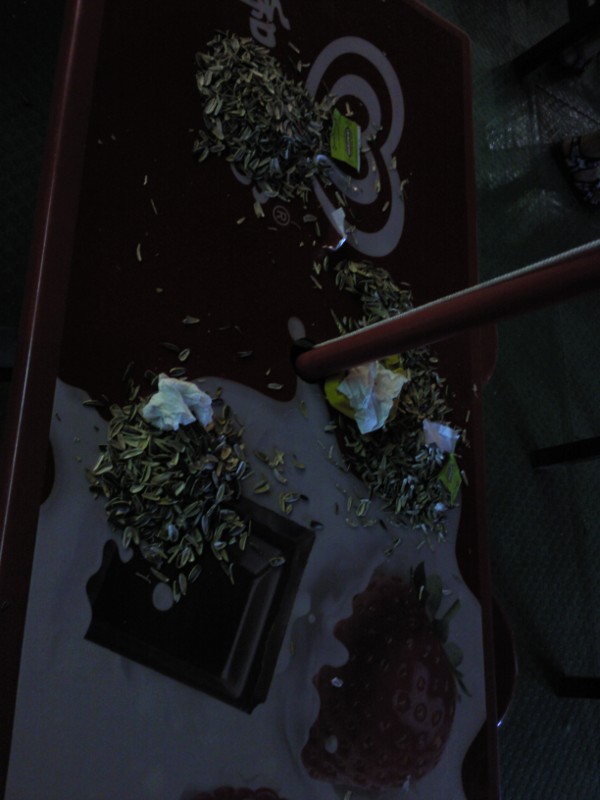
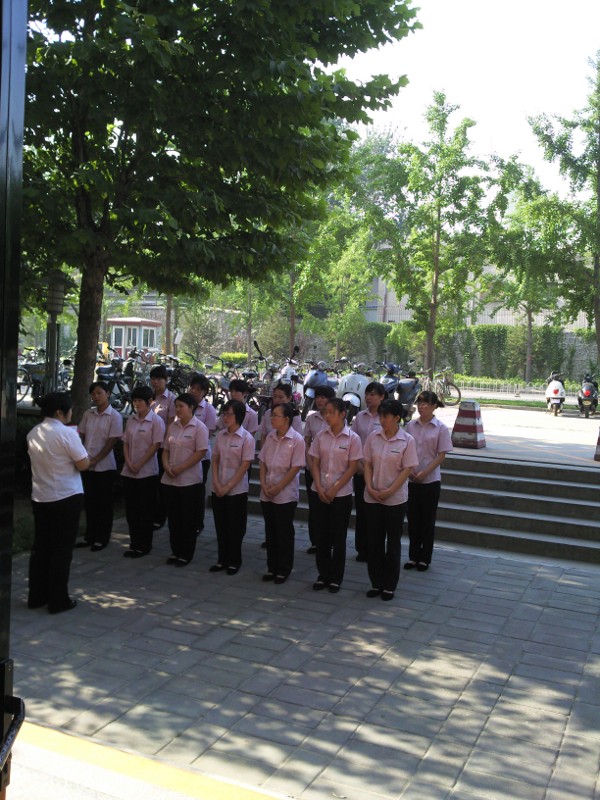
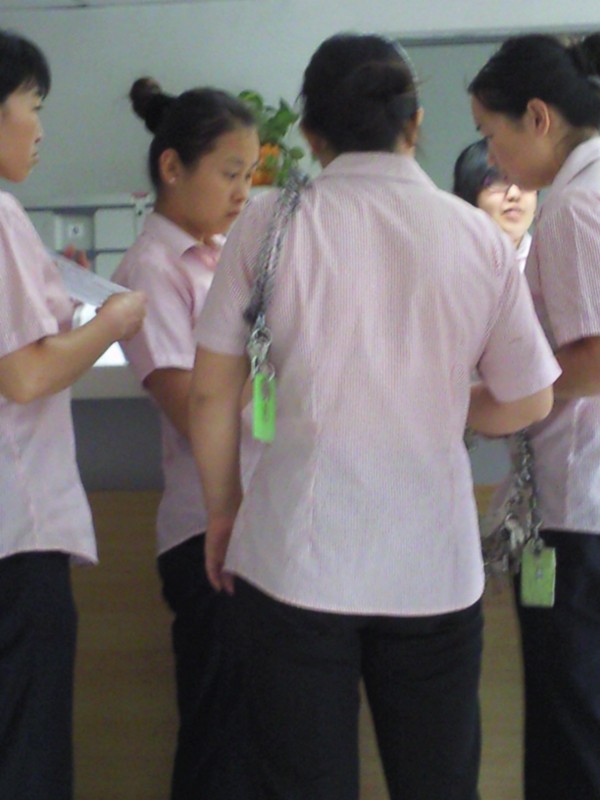
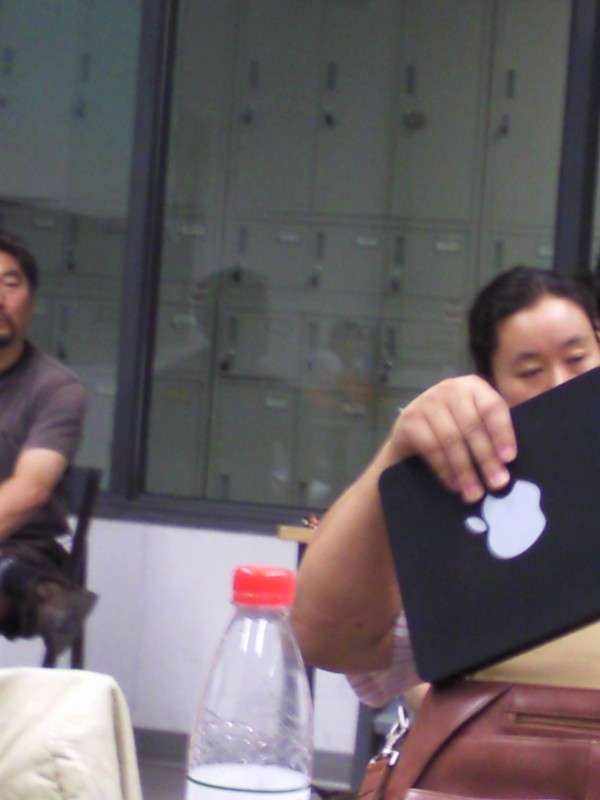
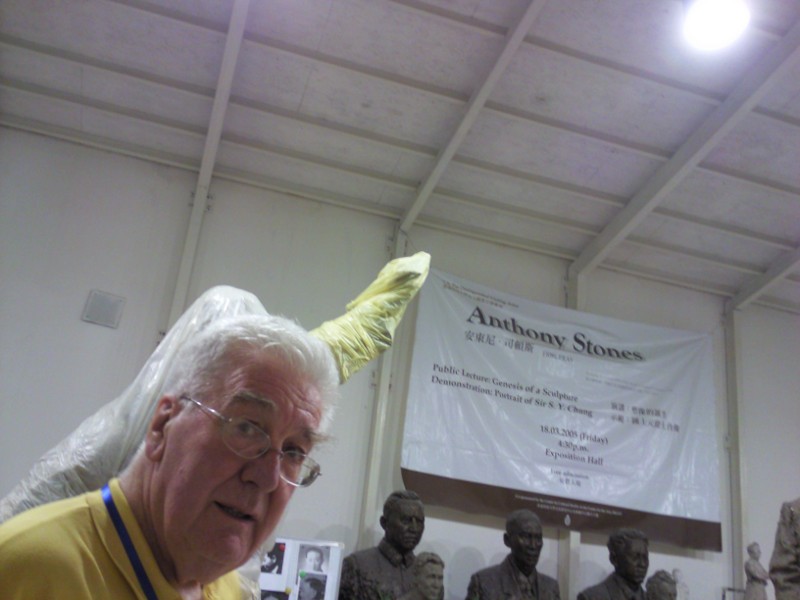
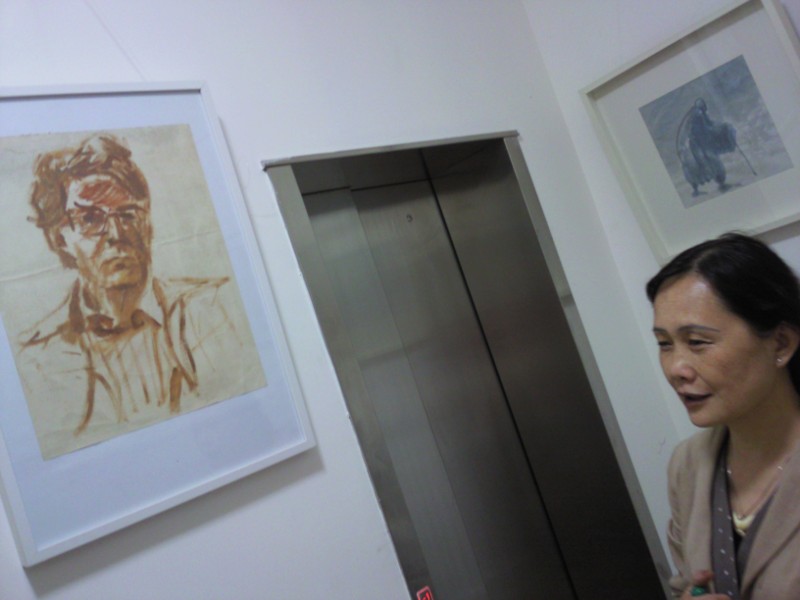
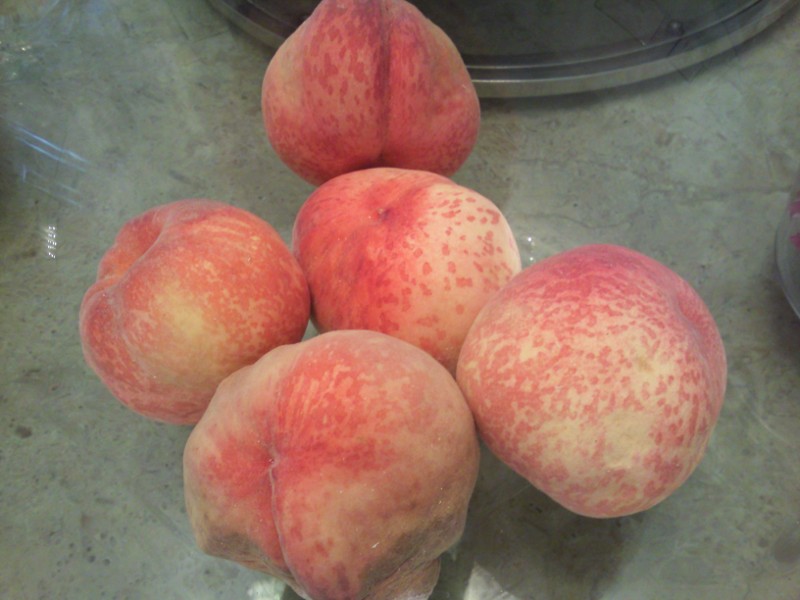

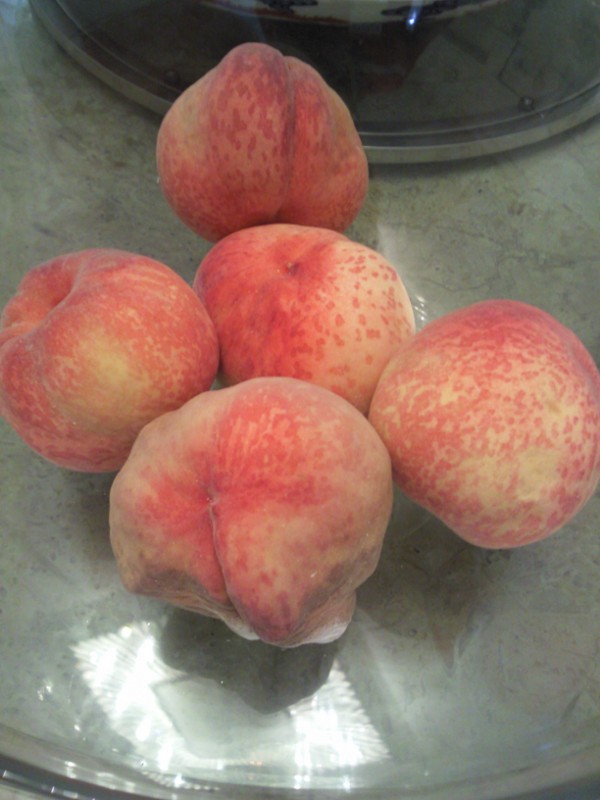

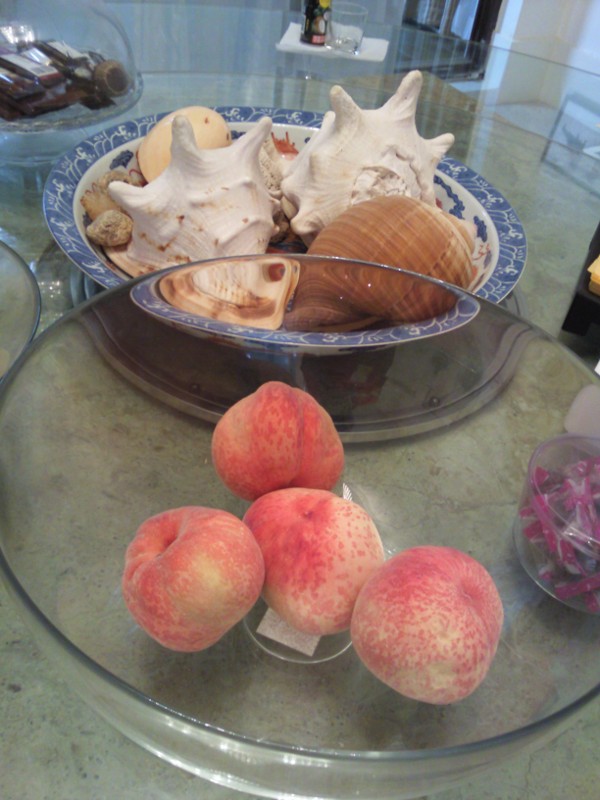
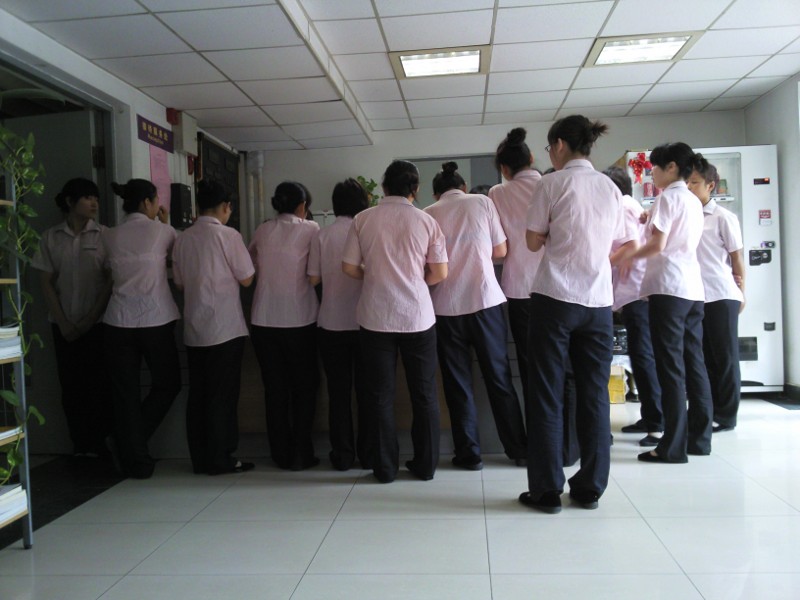
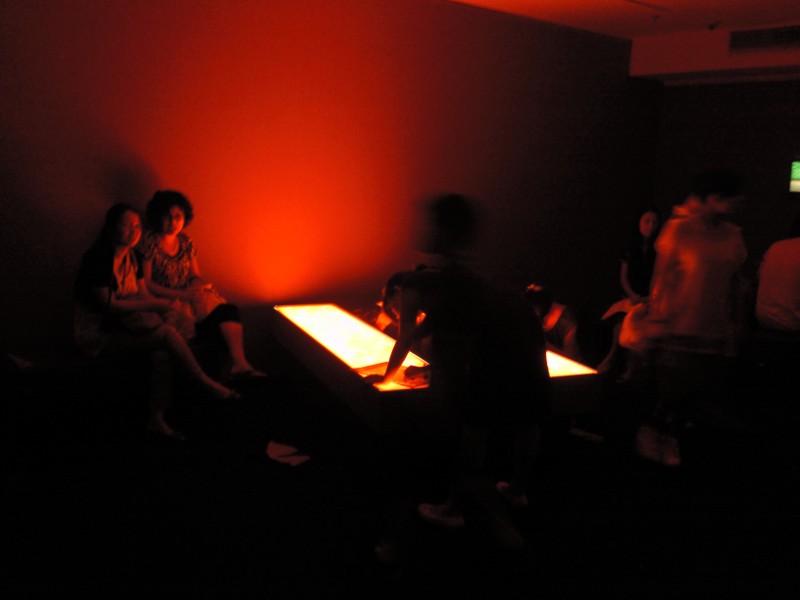
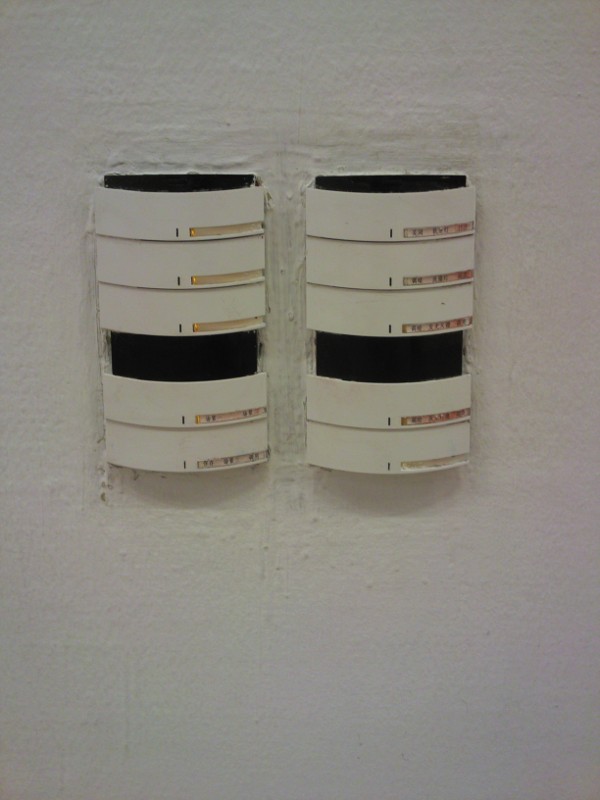
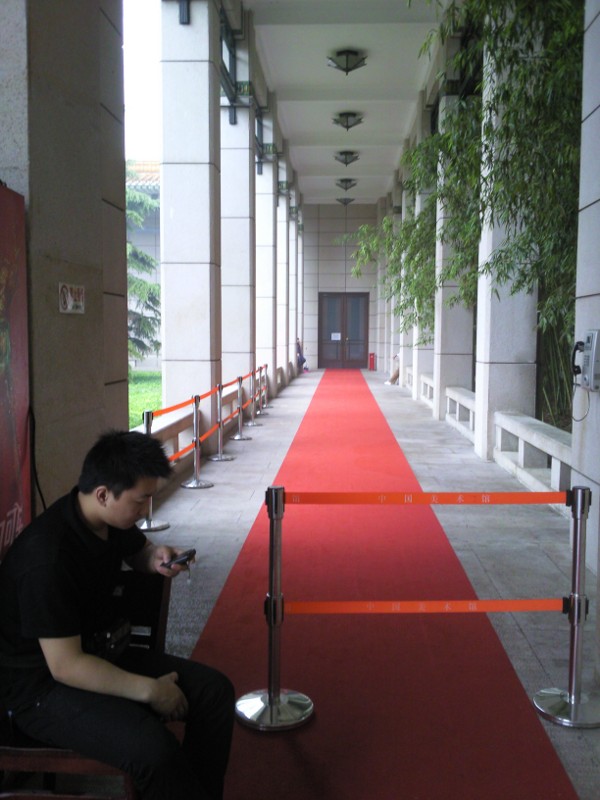
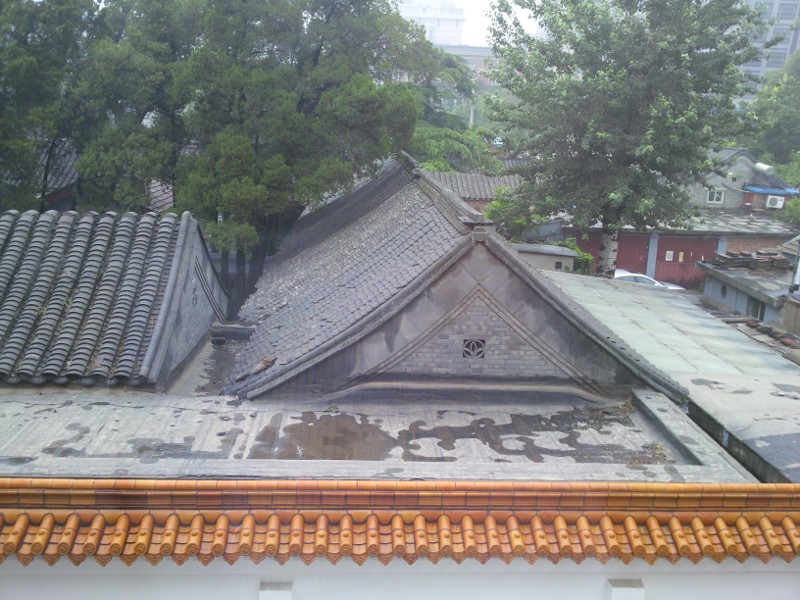


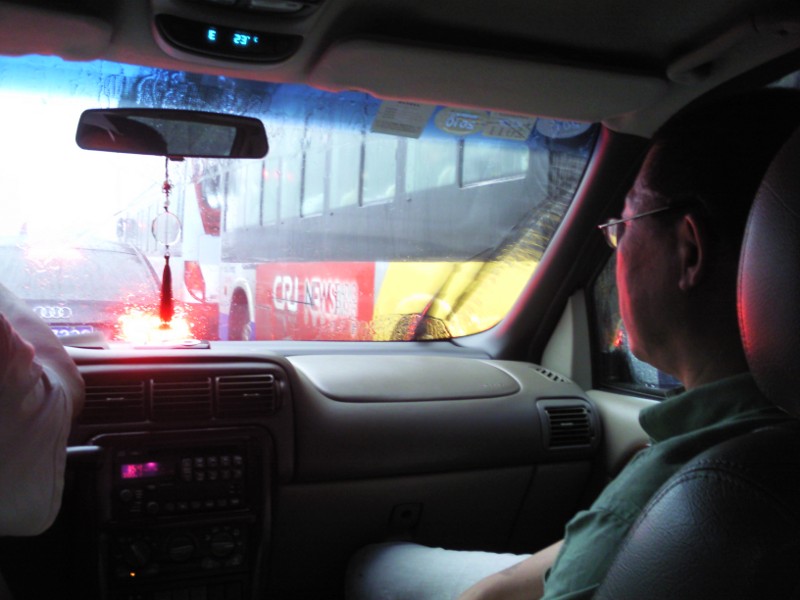
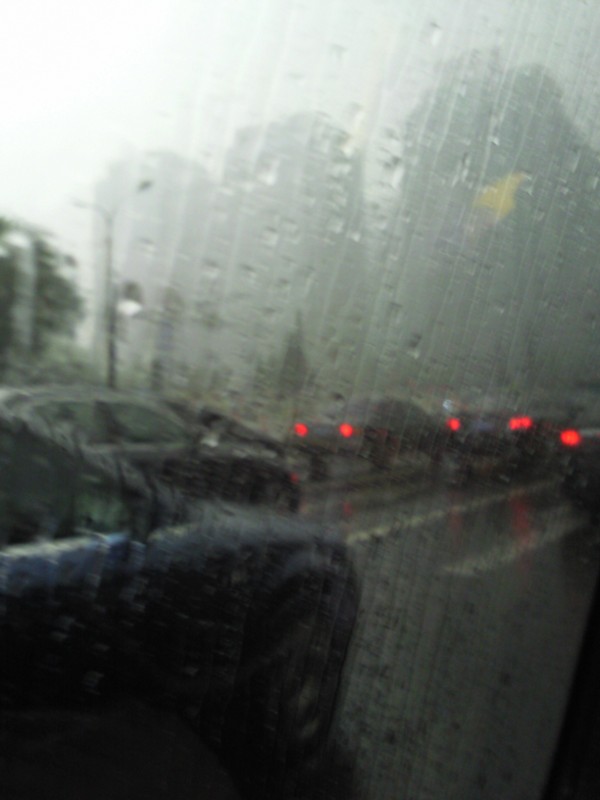
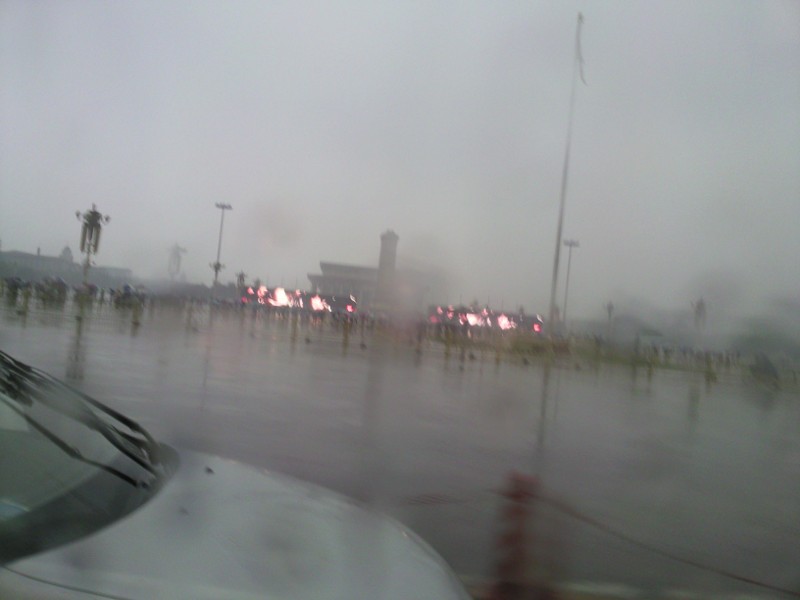
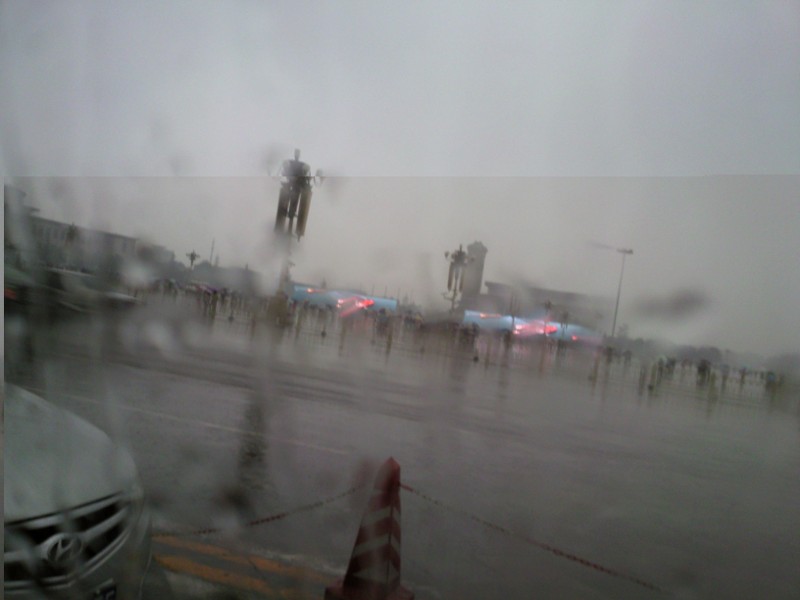
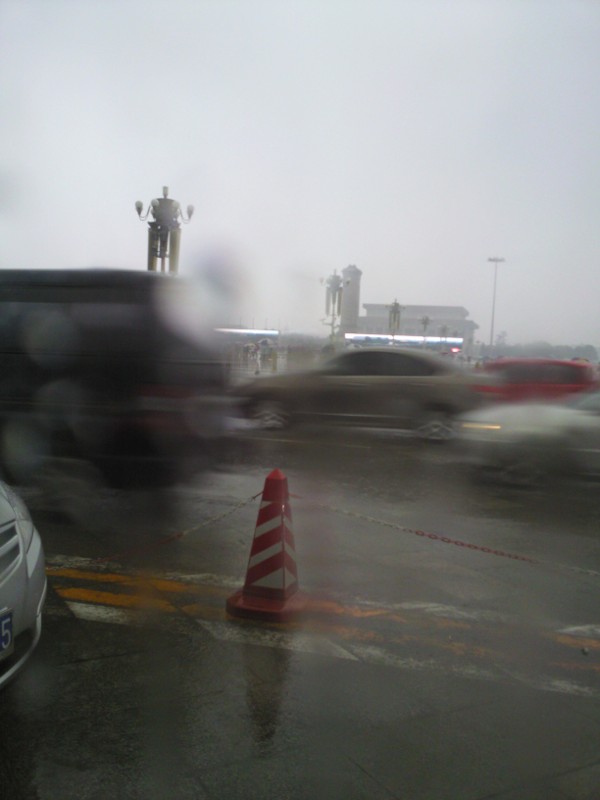
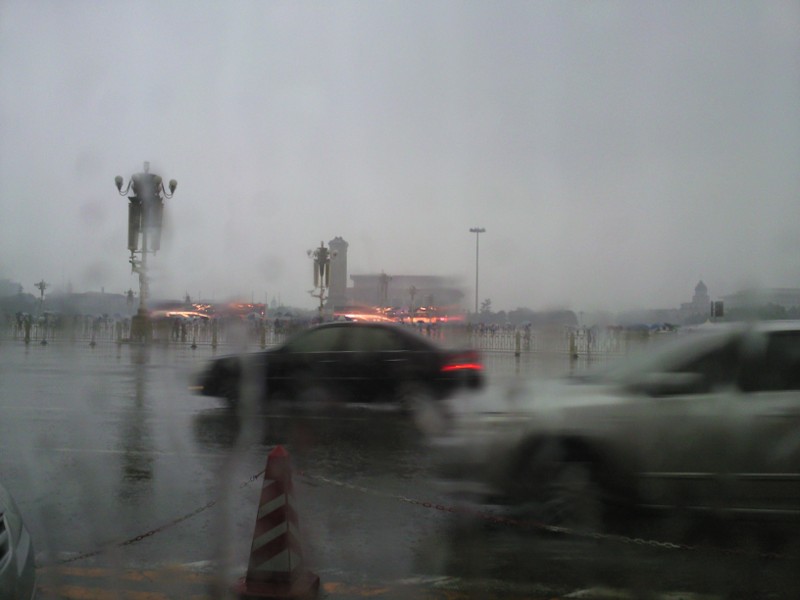
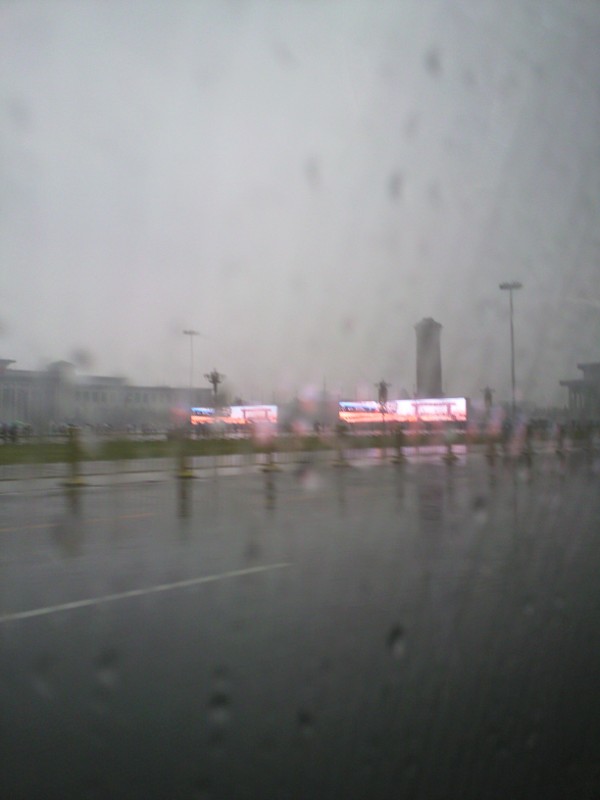
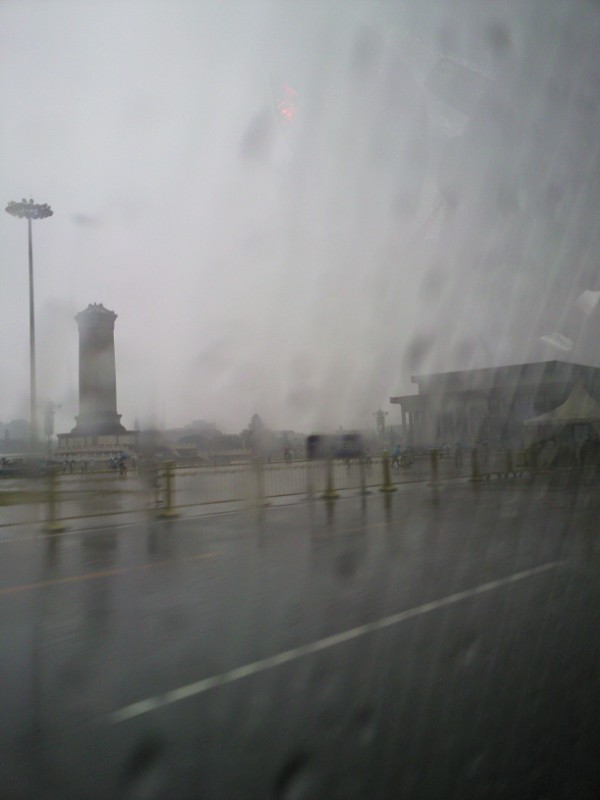
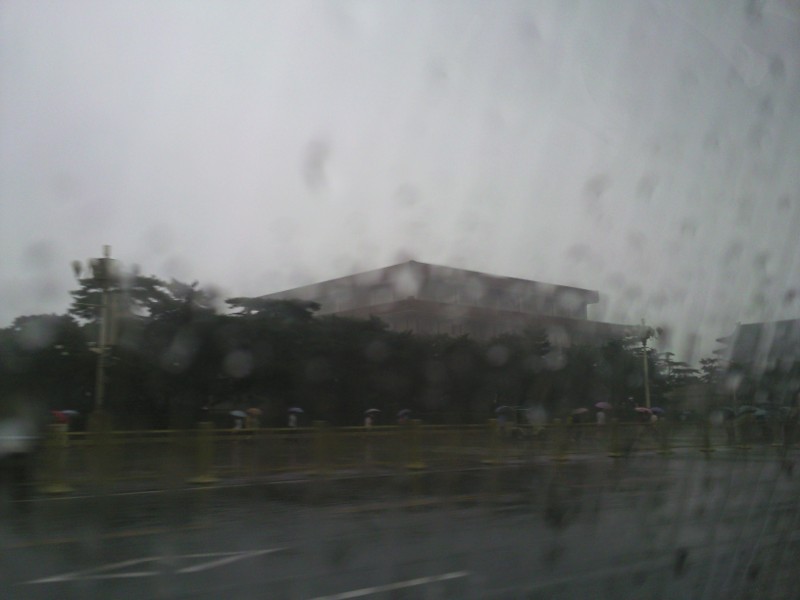
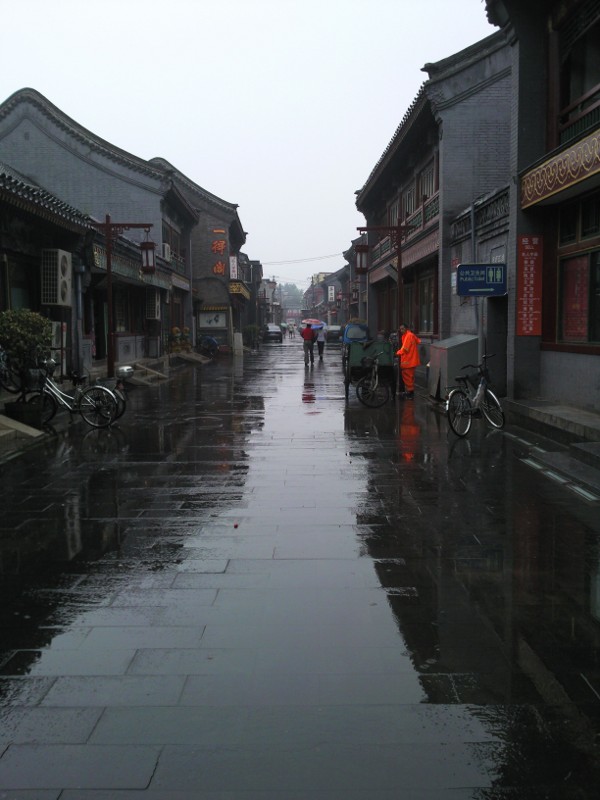


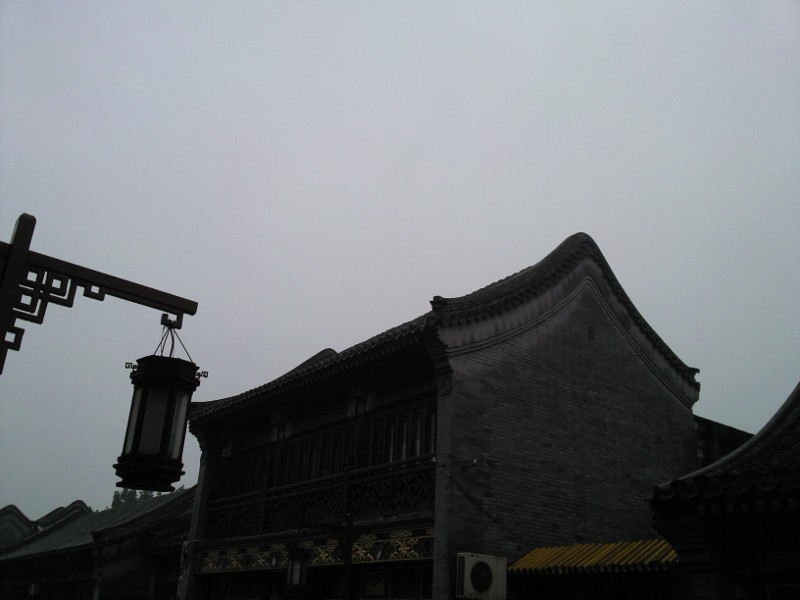
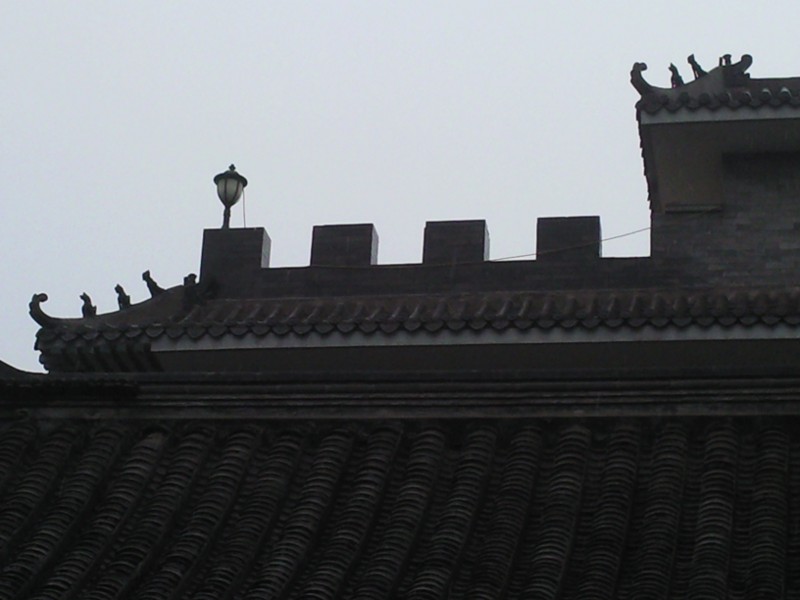
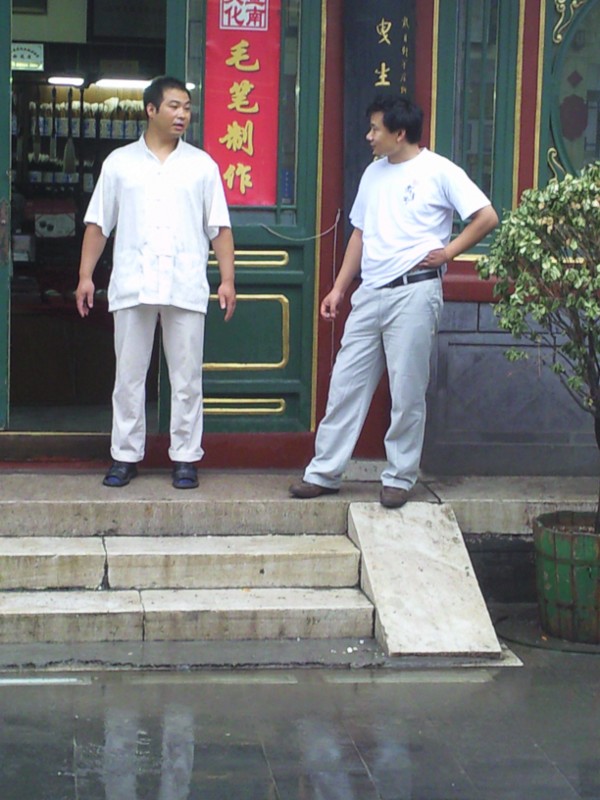
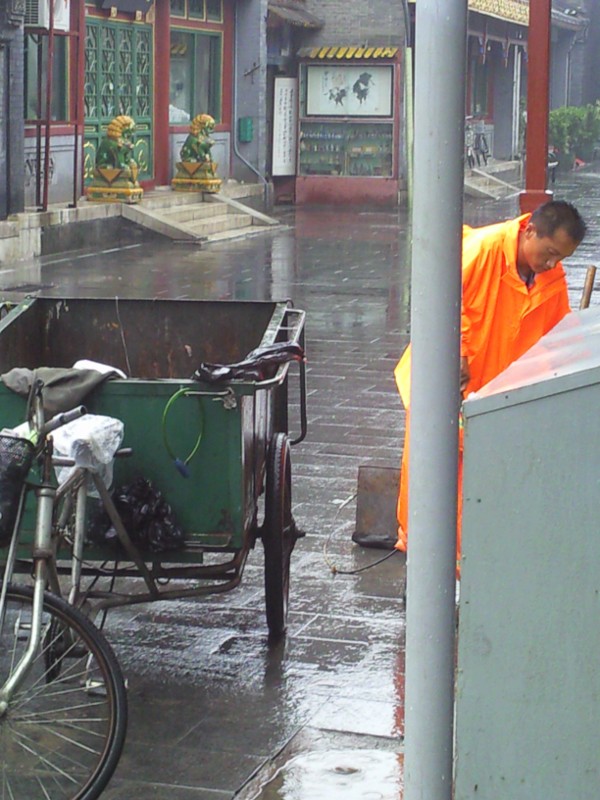
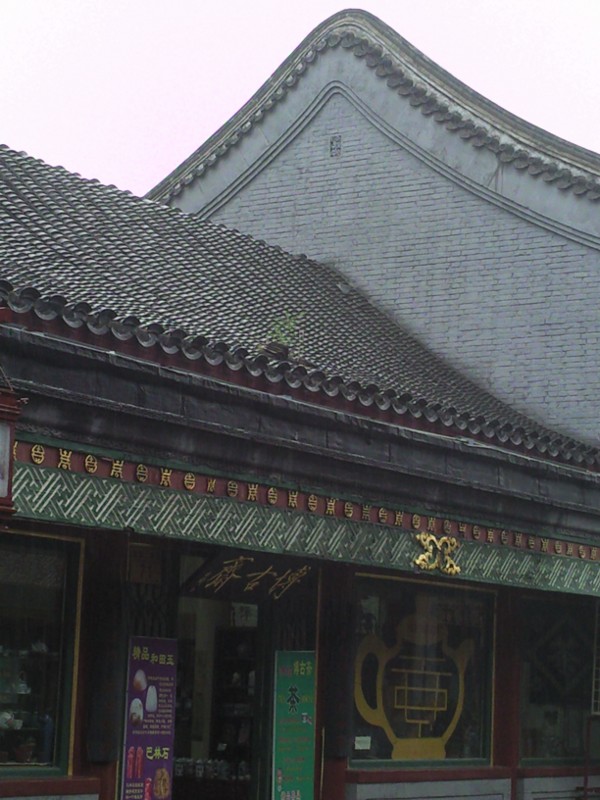
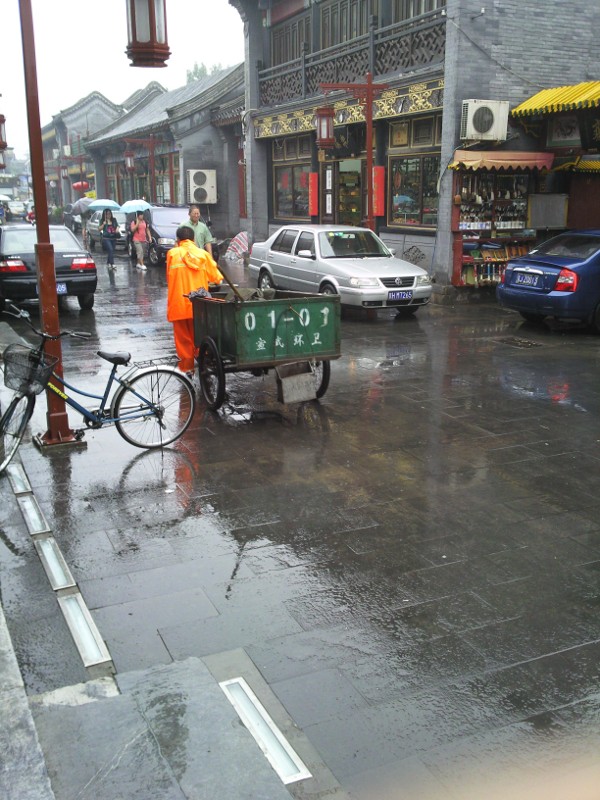

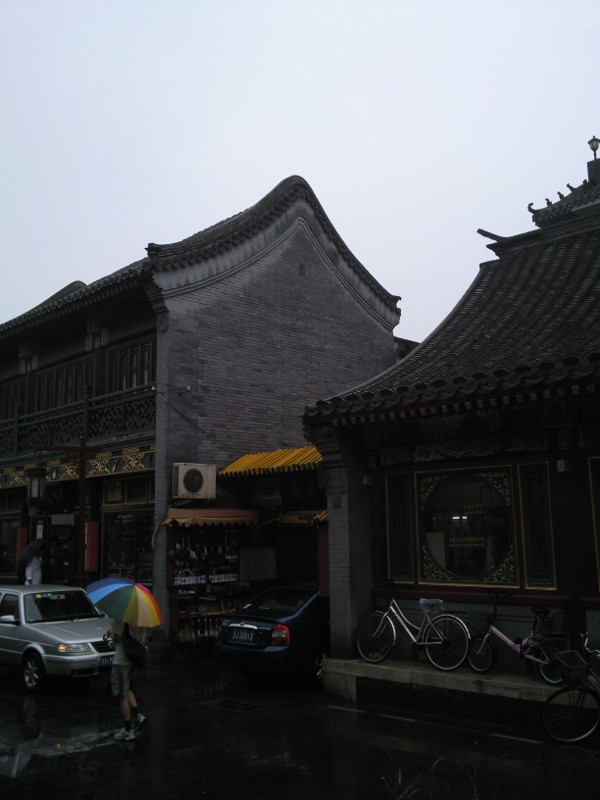
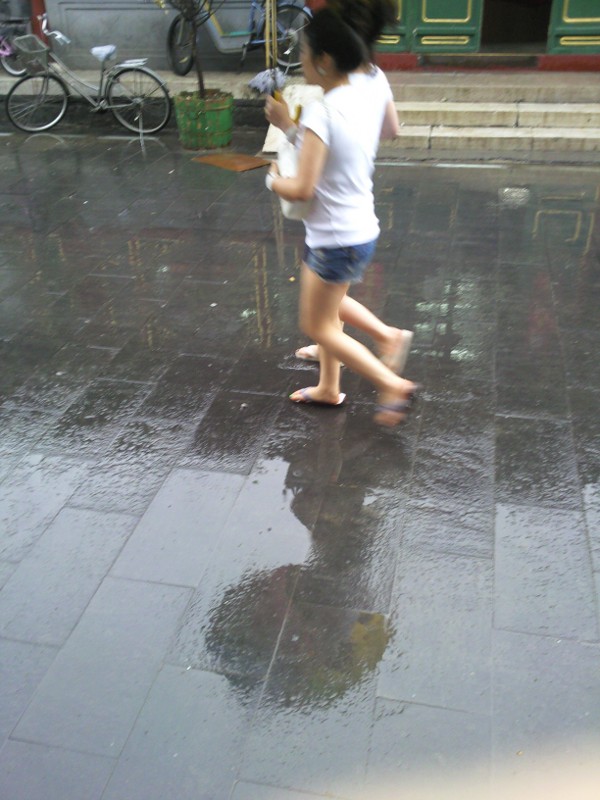
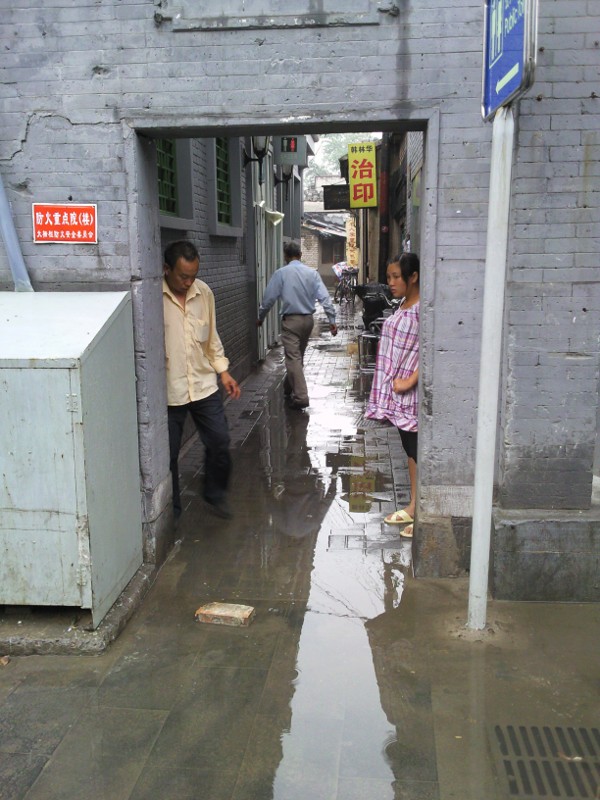
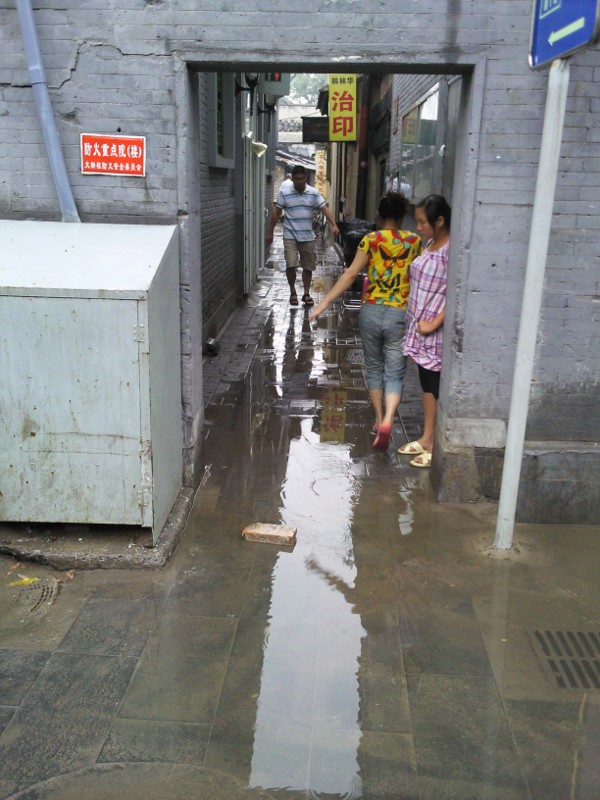
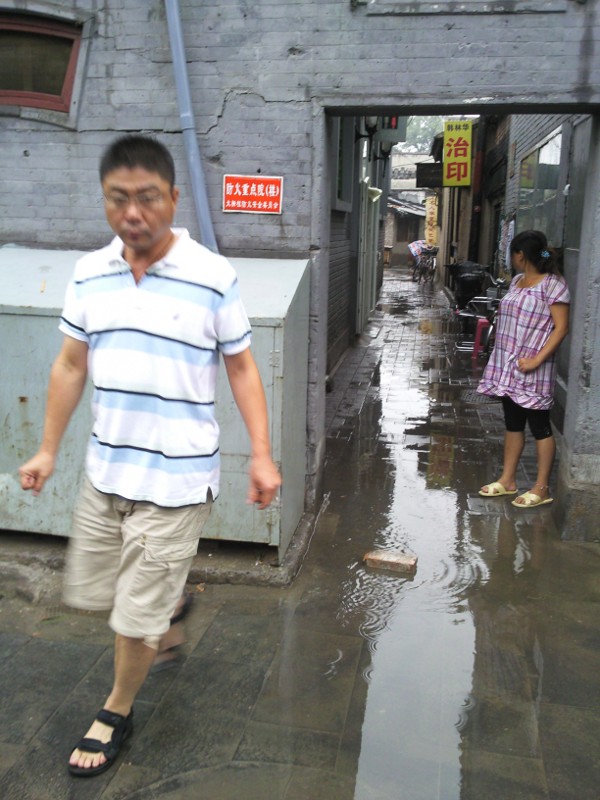
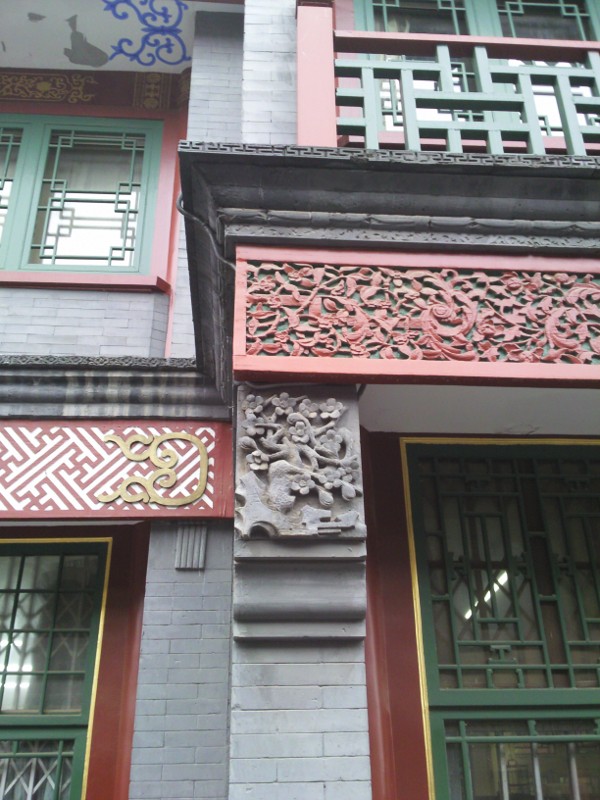


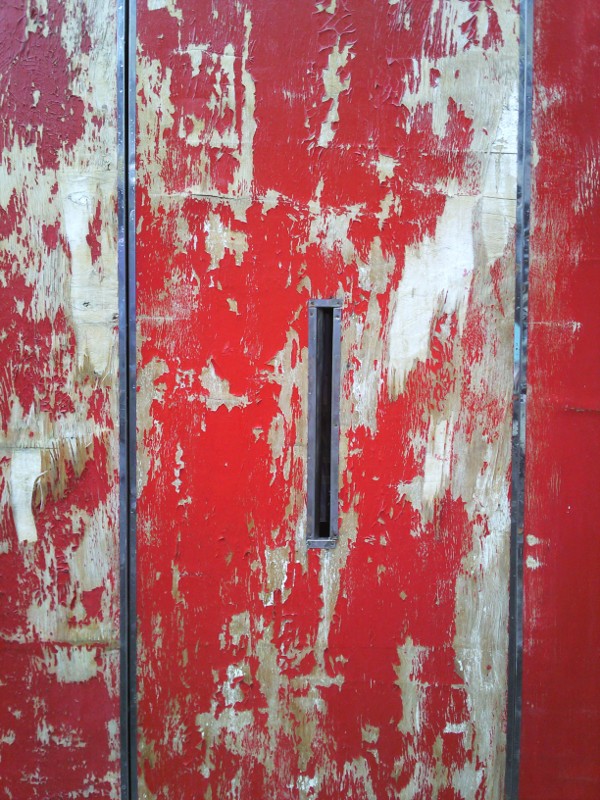
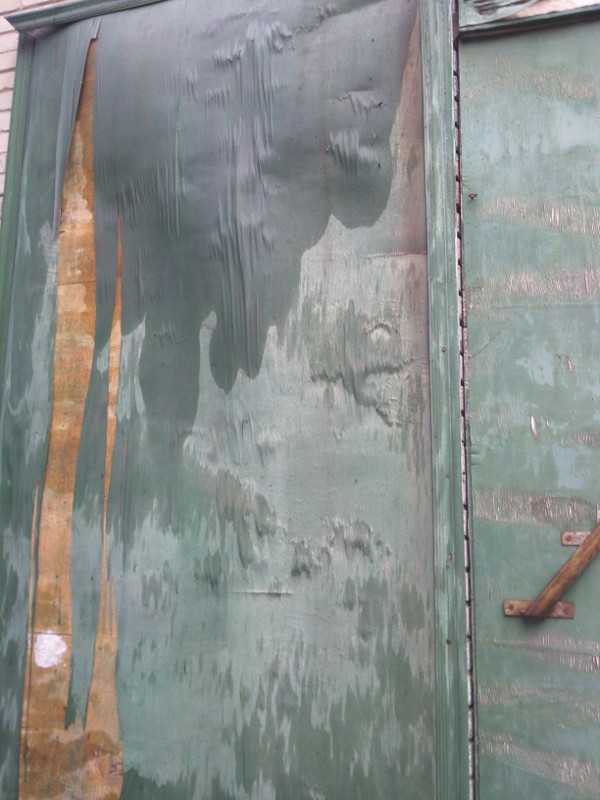
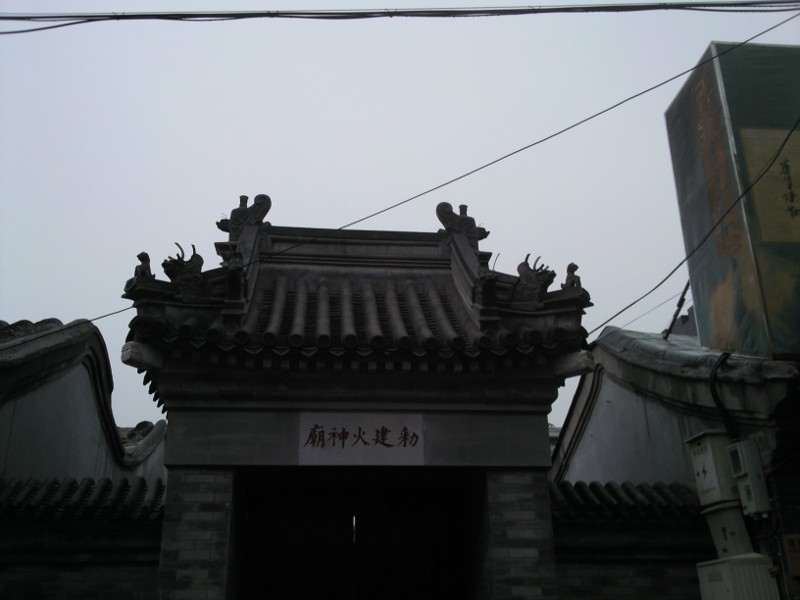

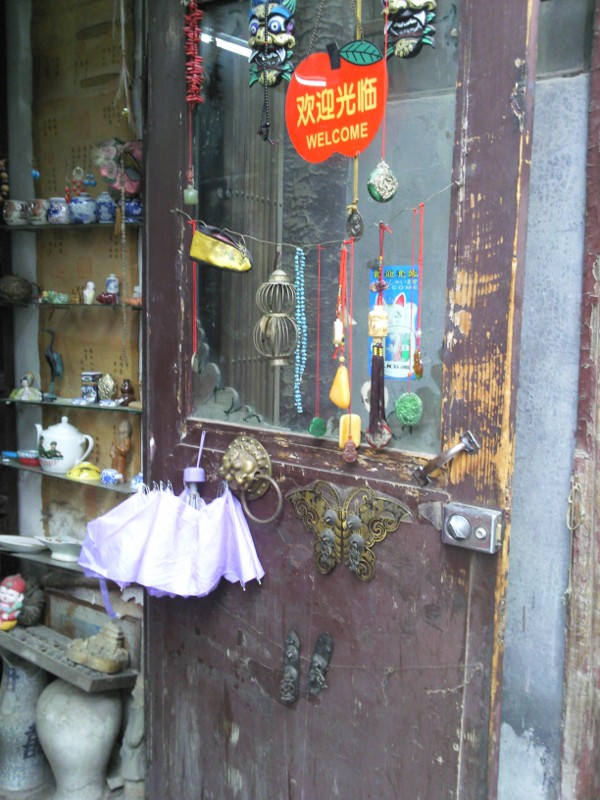
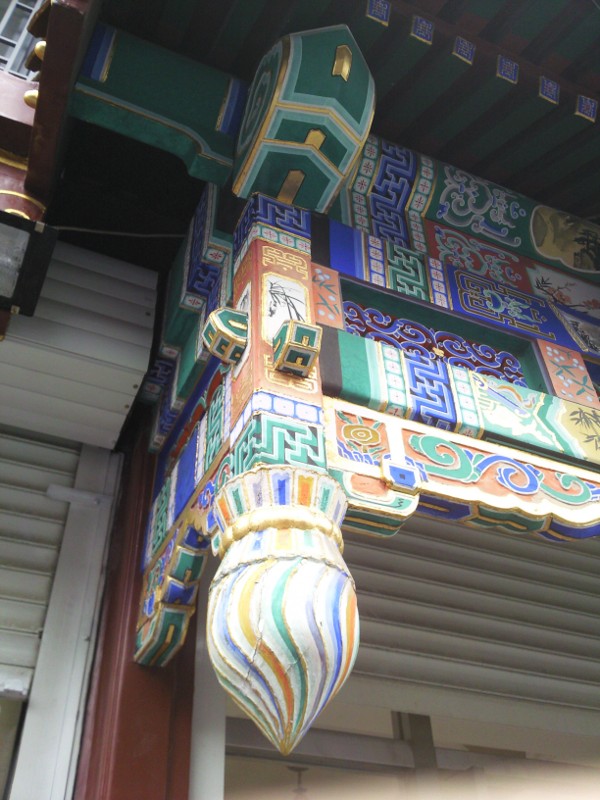
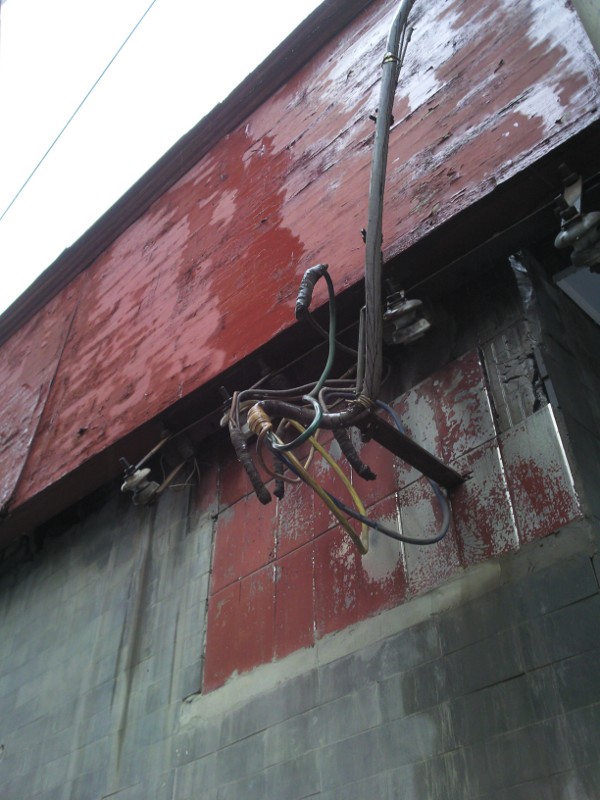



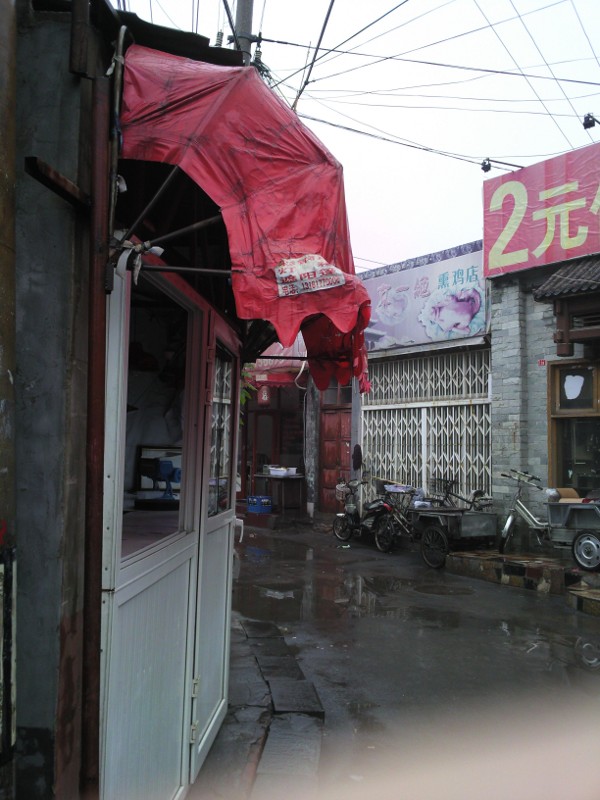

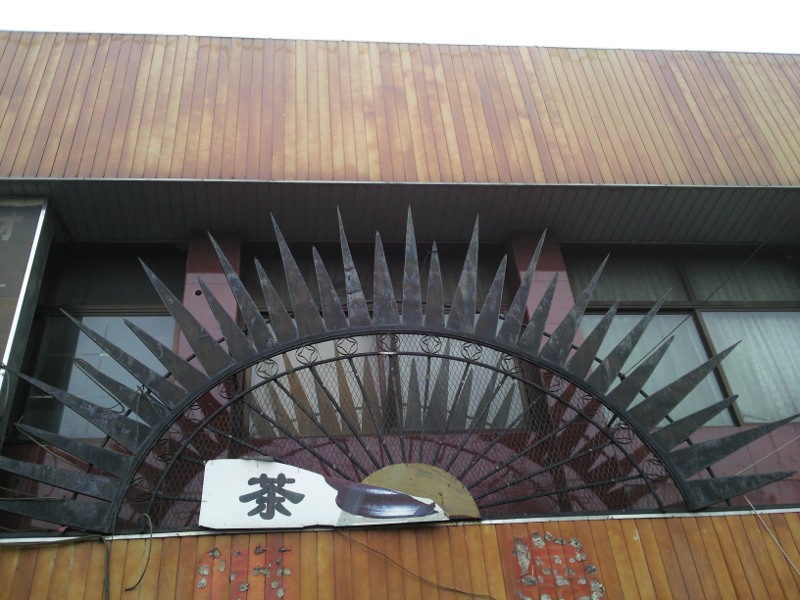

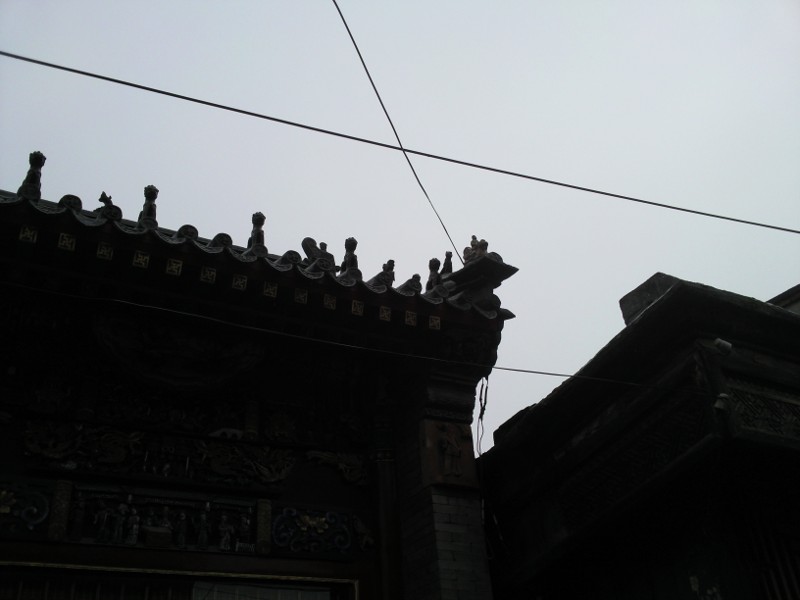

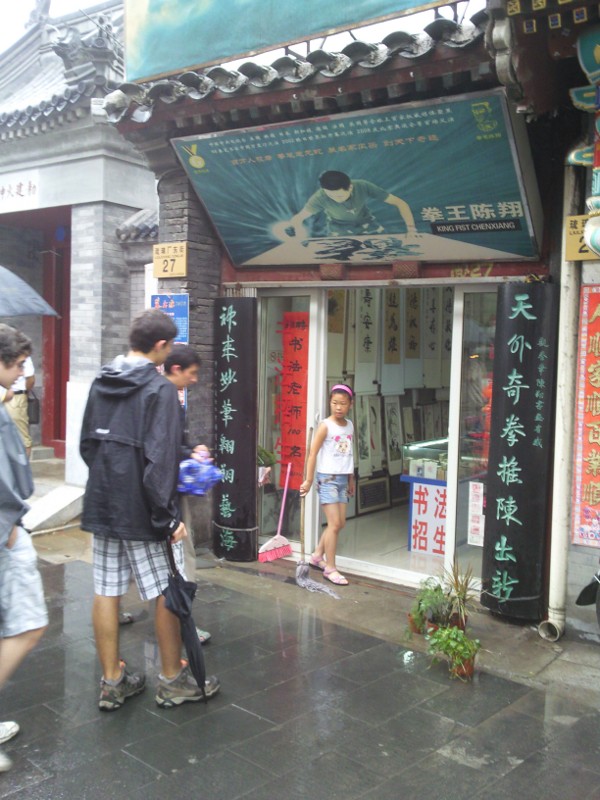
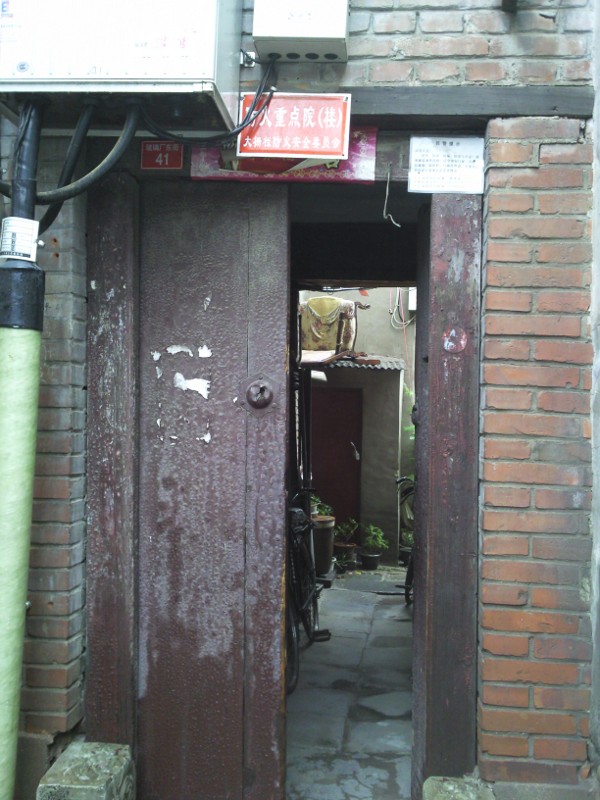
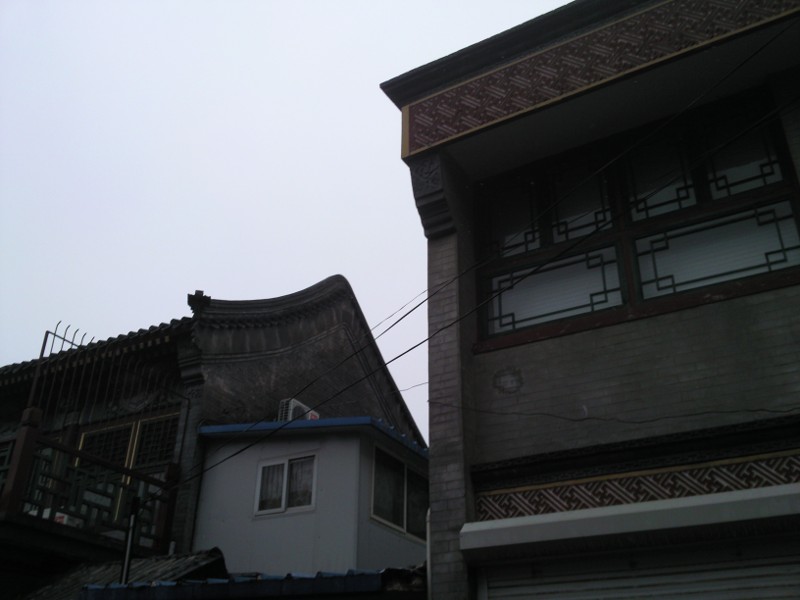
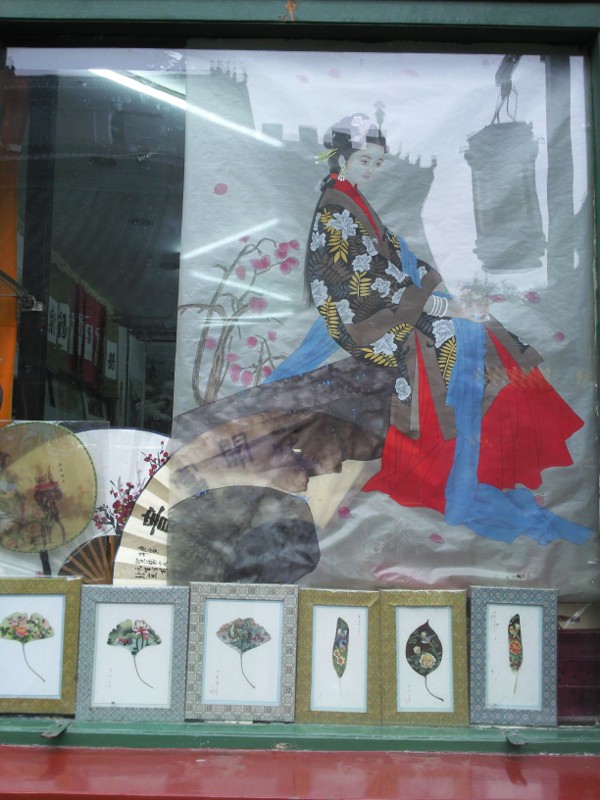

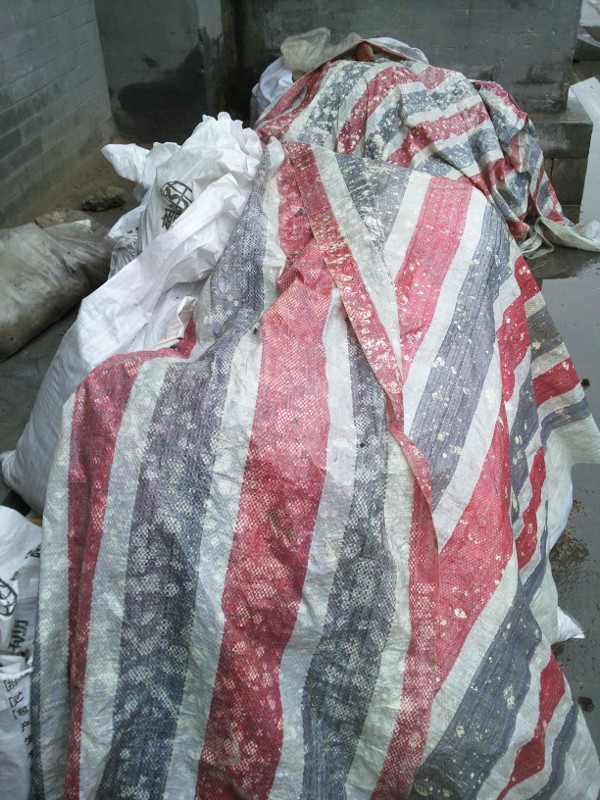
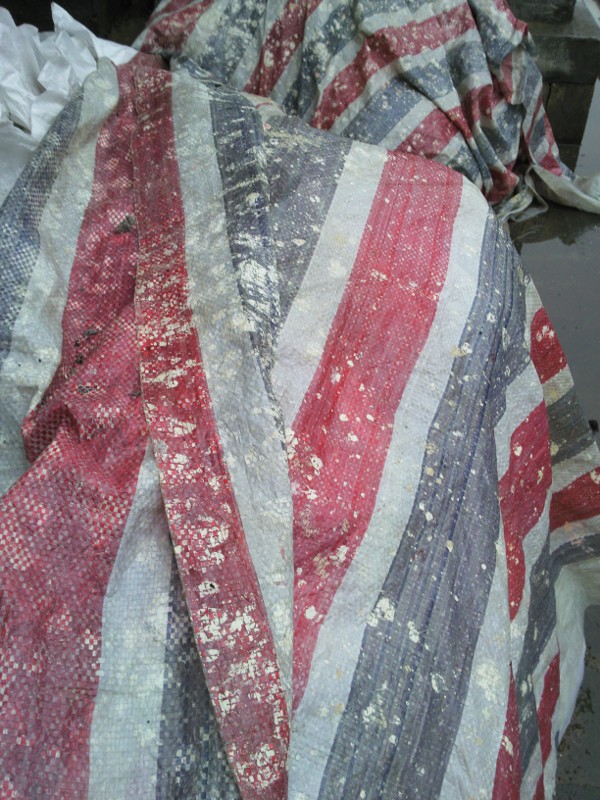
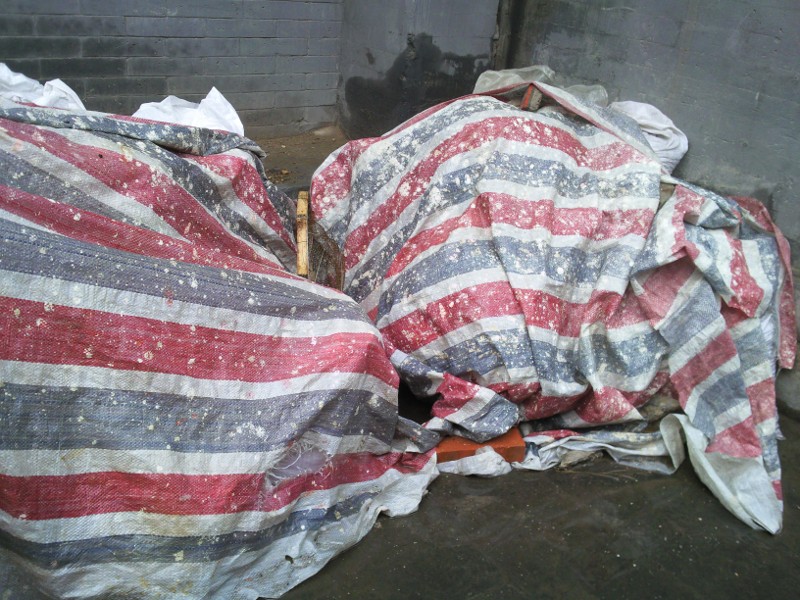
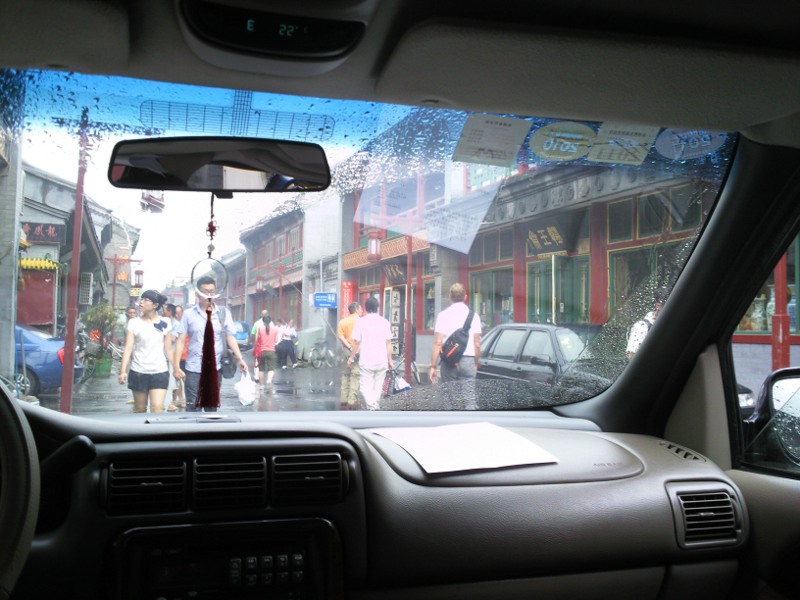
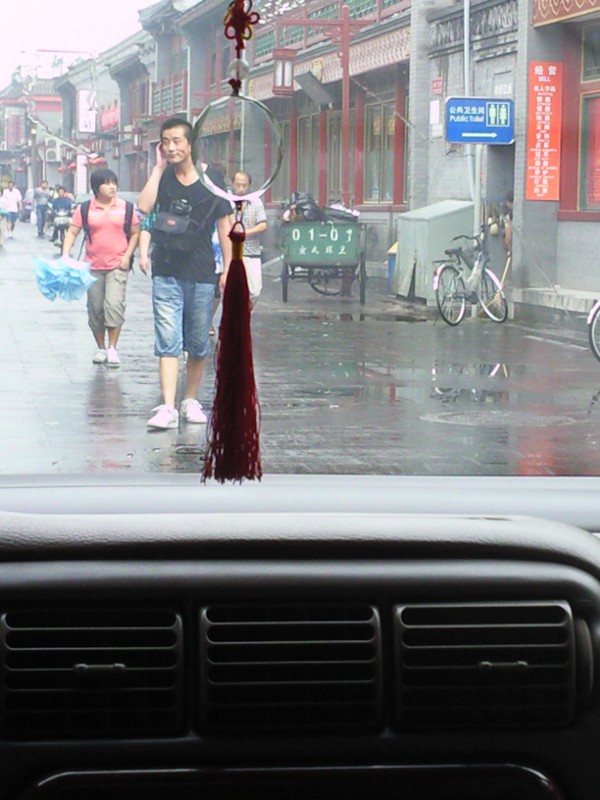
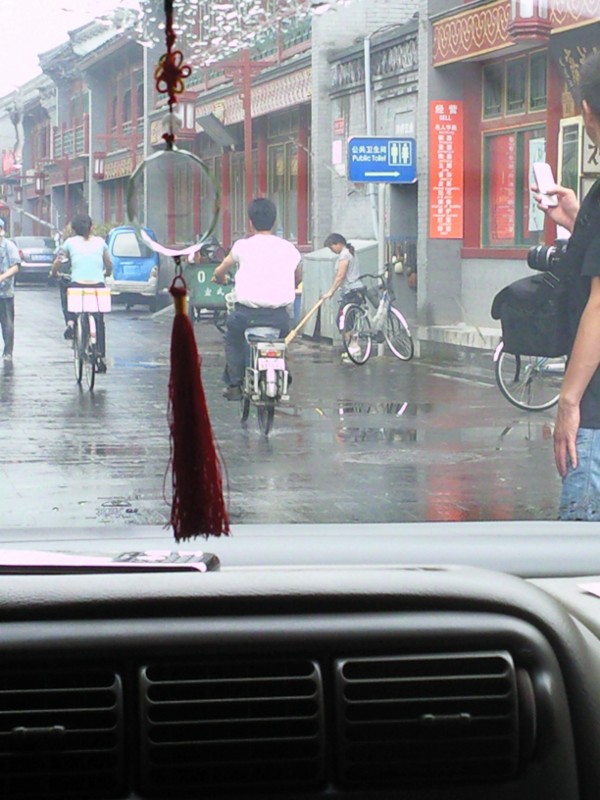


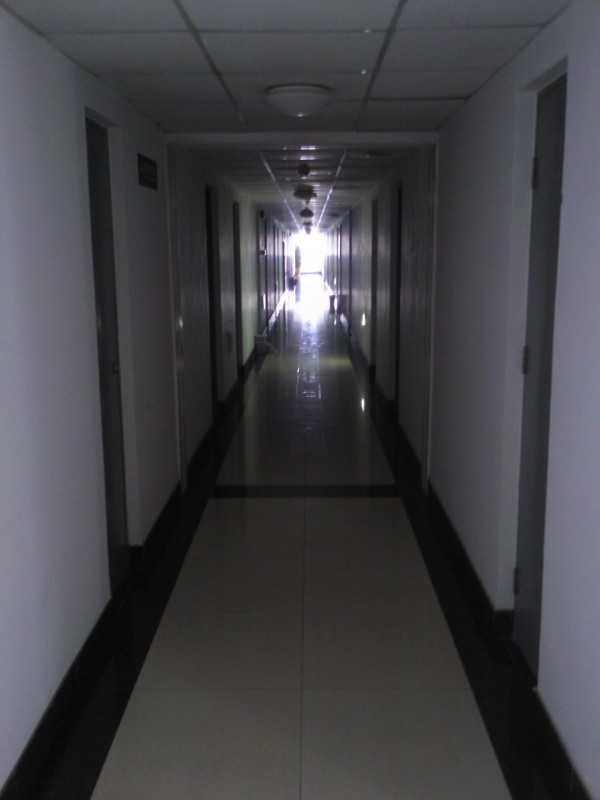
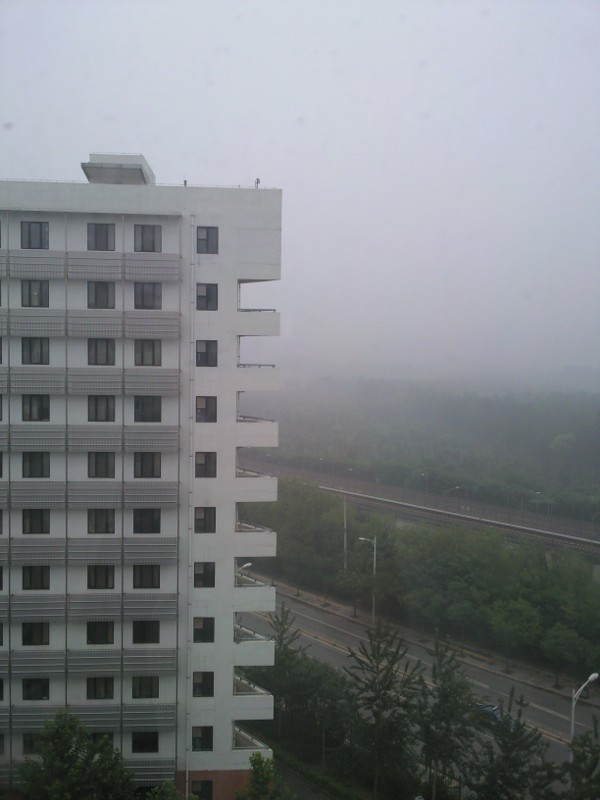
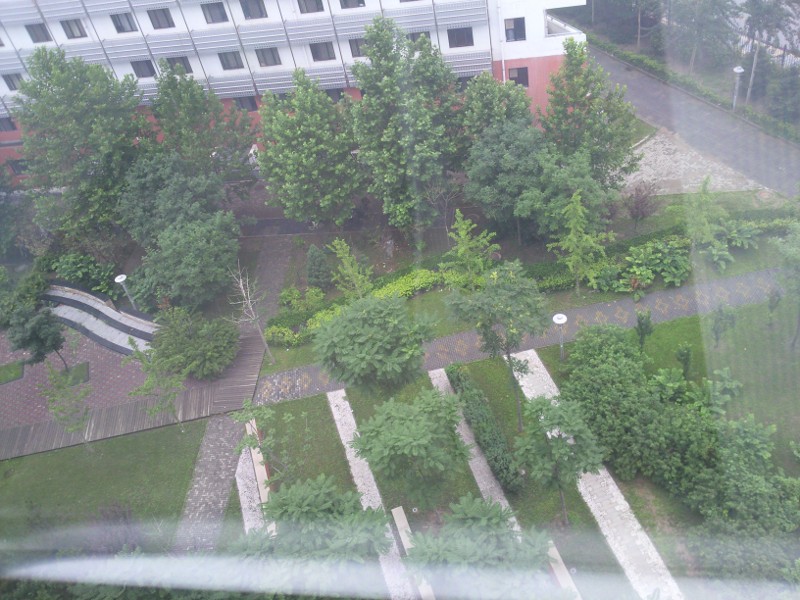
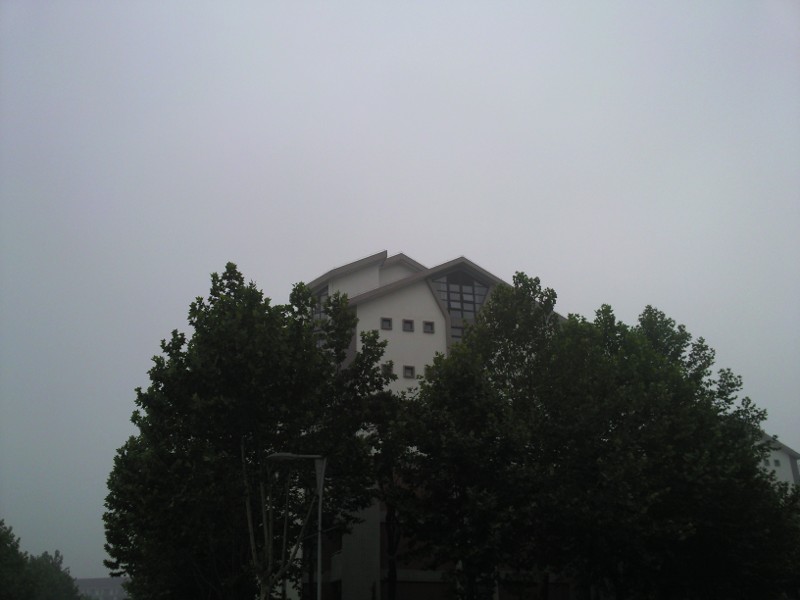
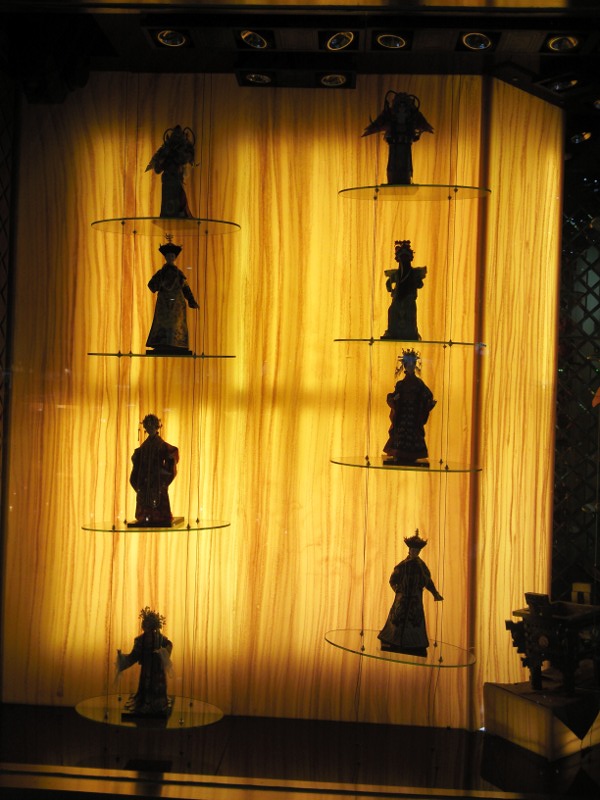

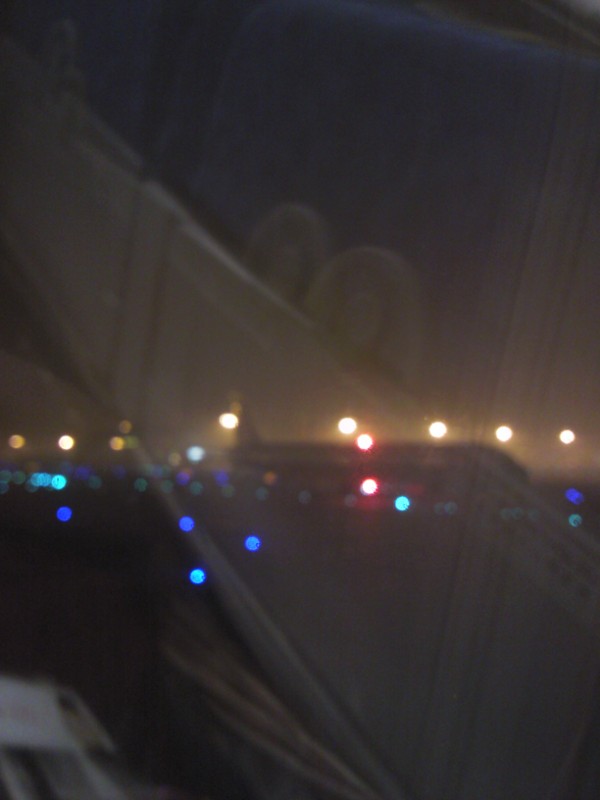
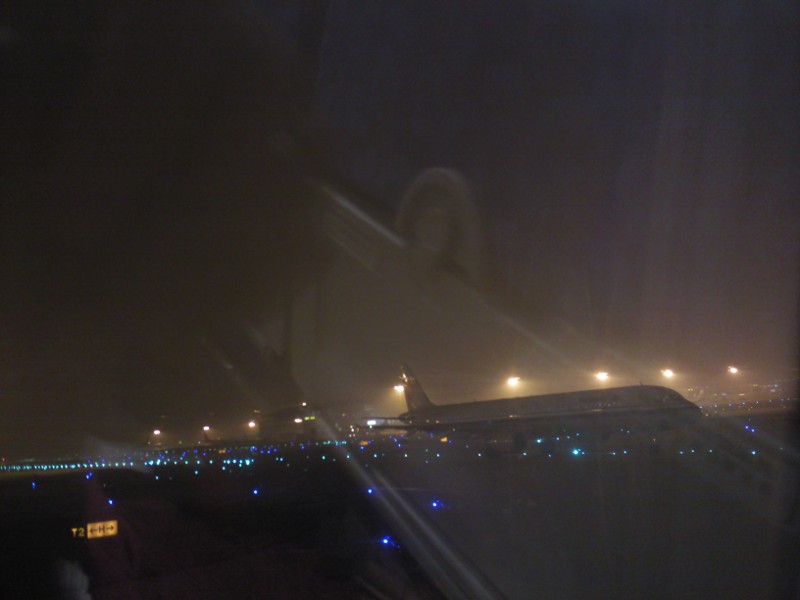
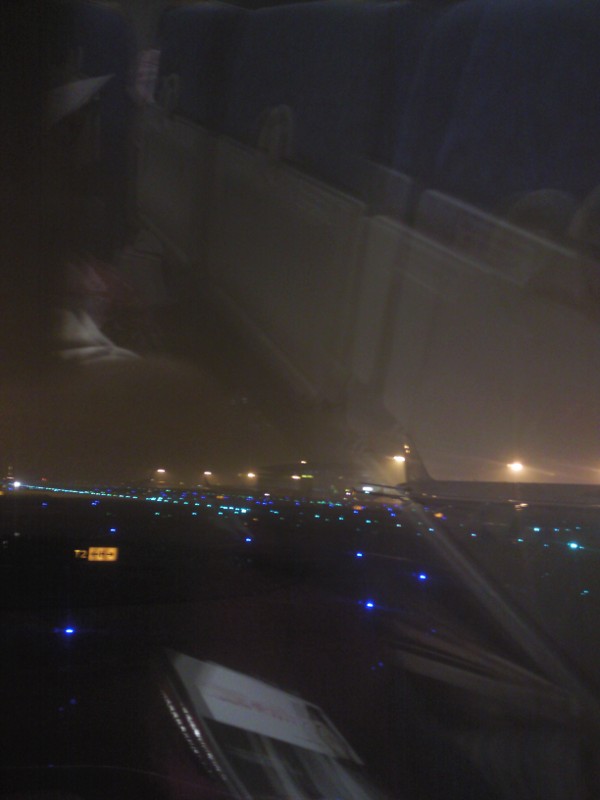
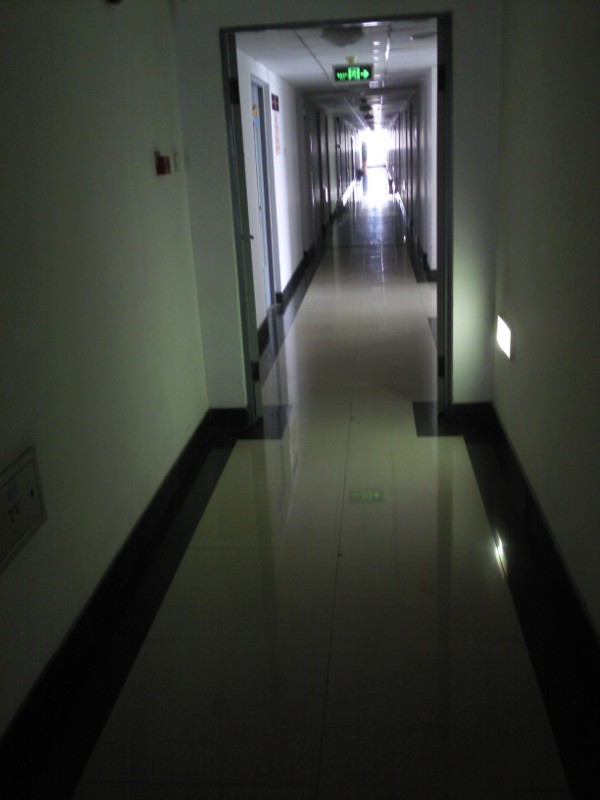
- <
- 1
- 2
- 3
- 4
- 5
- 6
- 7
- 8
- 9
- 10
- 11
- 12
- 13
- 14
- 15
- 16
- 17
- 18
- 19
- 20
- 21
- 22
- 23
- 24
- 25
- 26
- 27
- 28
- 29
- 30
- 31
- 32
- 33
- 34
- 35
- 36
- 37
- 38
- 39
- 40
- 41
- 42
- 43
- 44
- 45
- 46
- 47
- 48
- 49
- 50
- 51
- 52
- 53
- 54
- 55
- 56
- 57
- 58
- 59
- 60
- 61
- 62
- 63
- 64
- 65
- 66
- 67
- 68
- 69
- 70
- 71
- 72
- 73
- 74
- 75
- 76
- 77
- 78
- 79
- 80
- 81
- 82
- 83
- 84
- 85
- 86
- 87
- >


